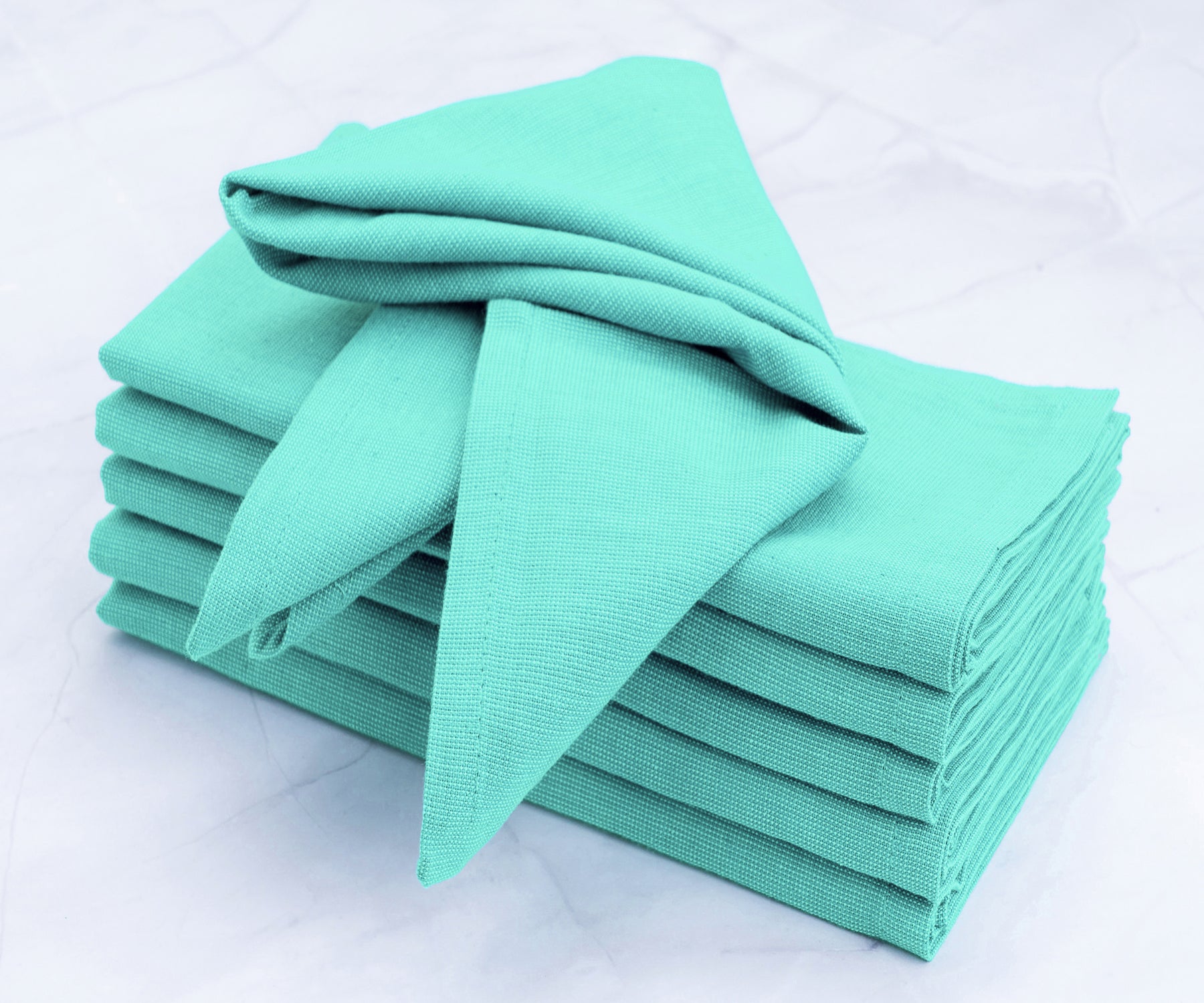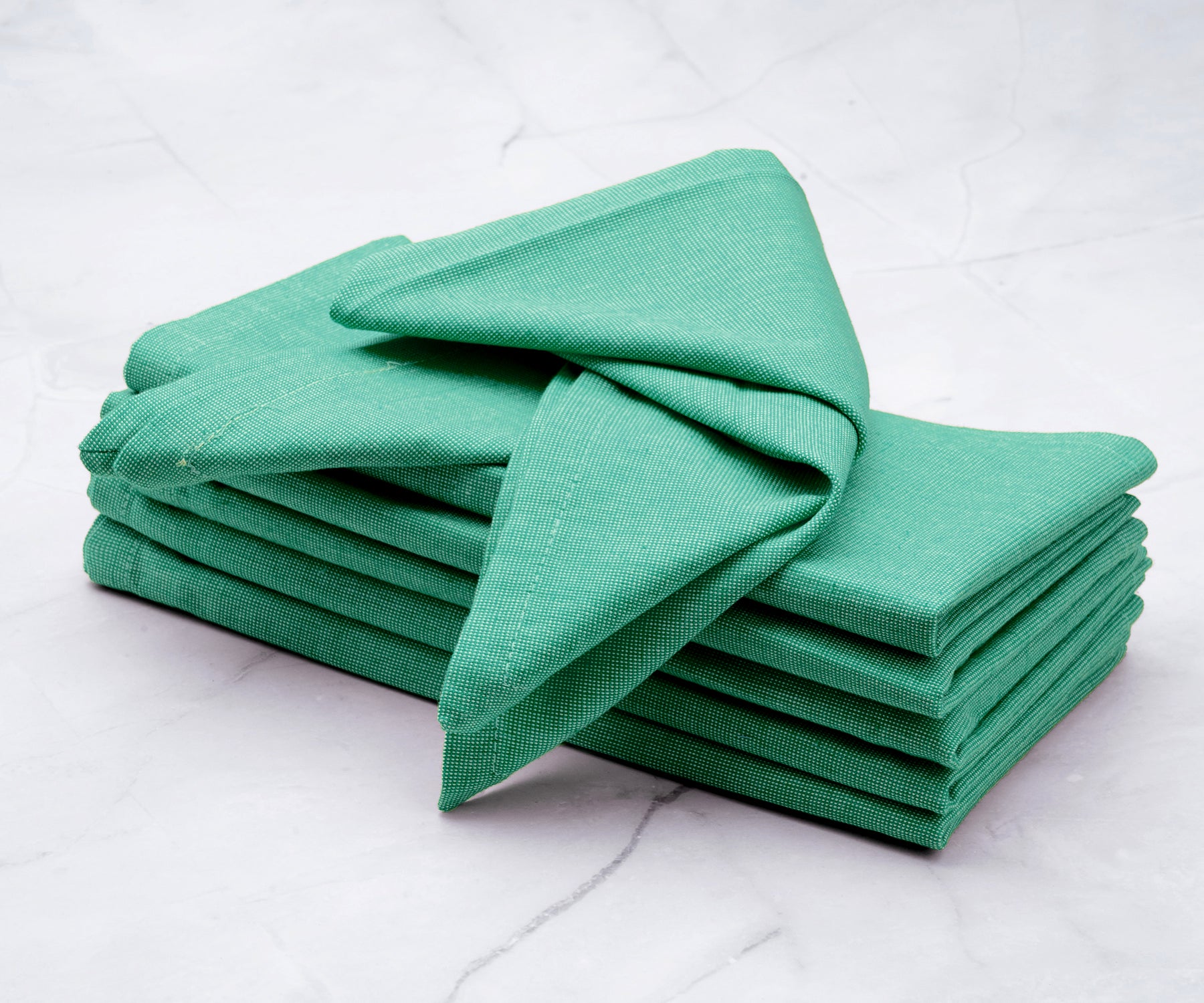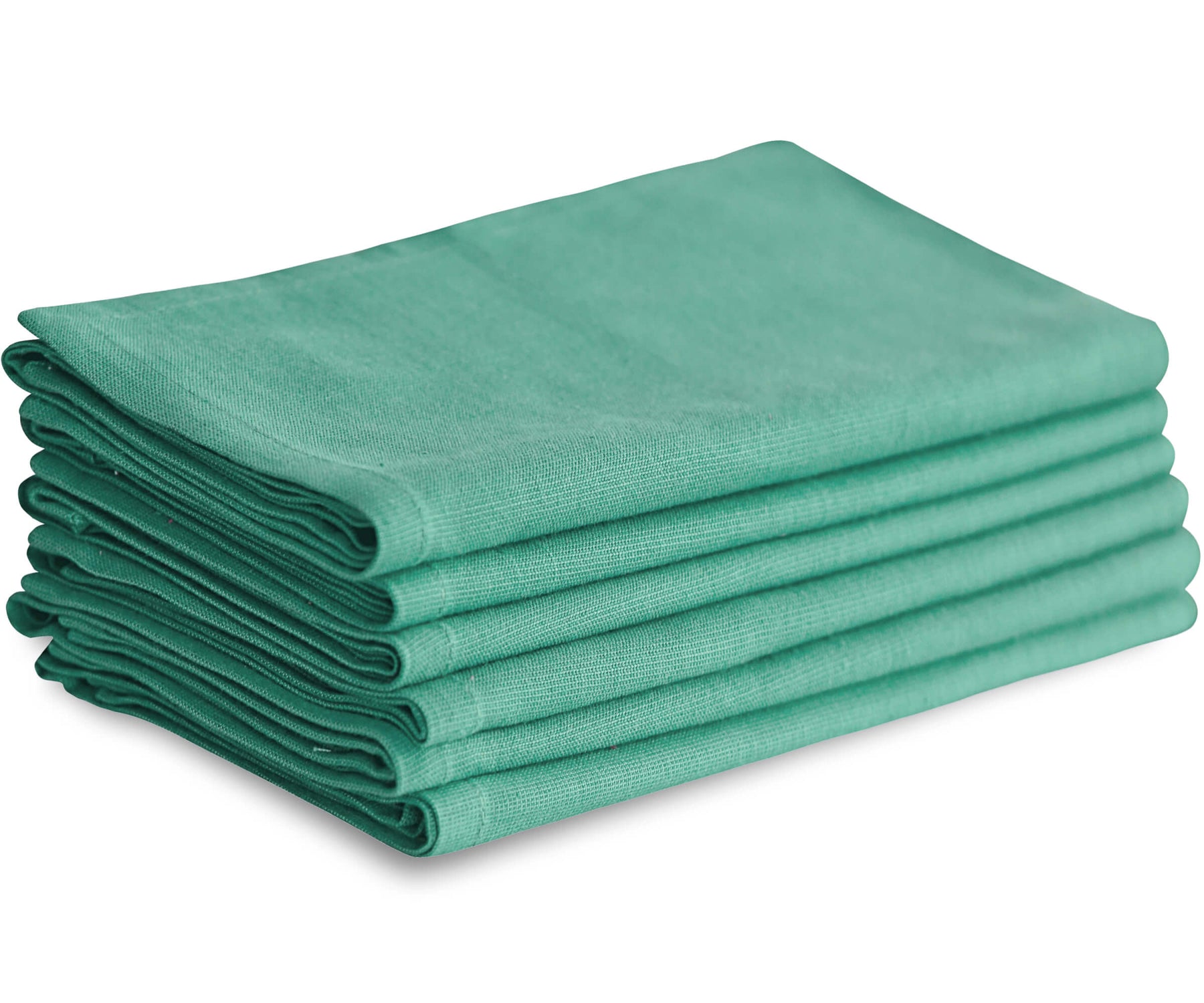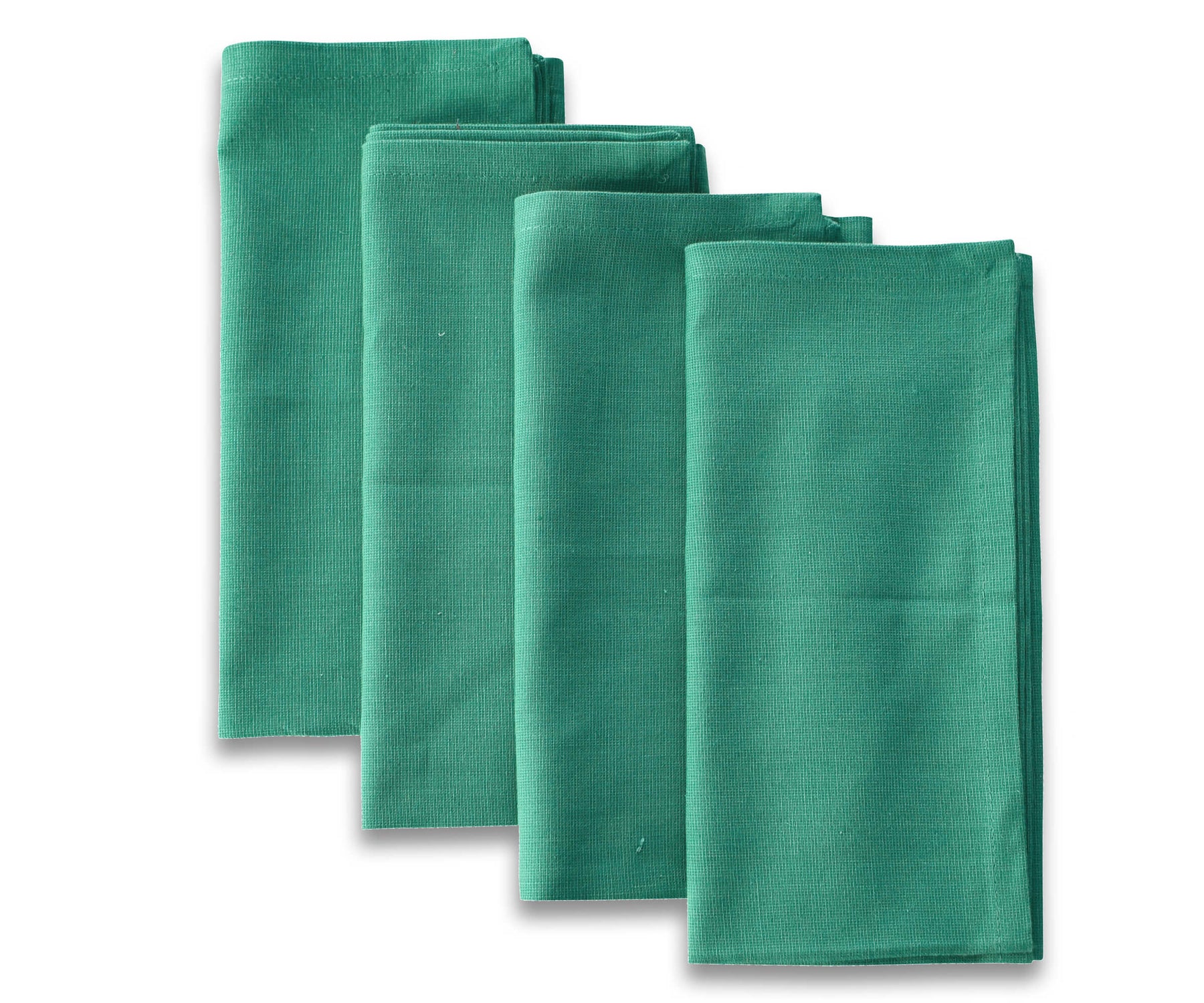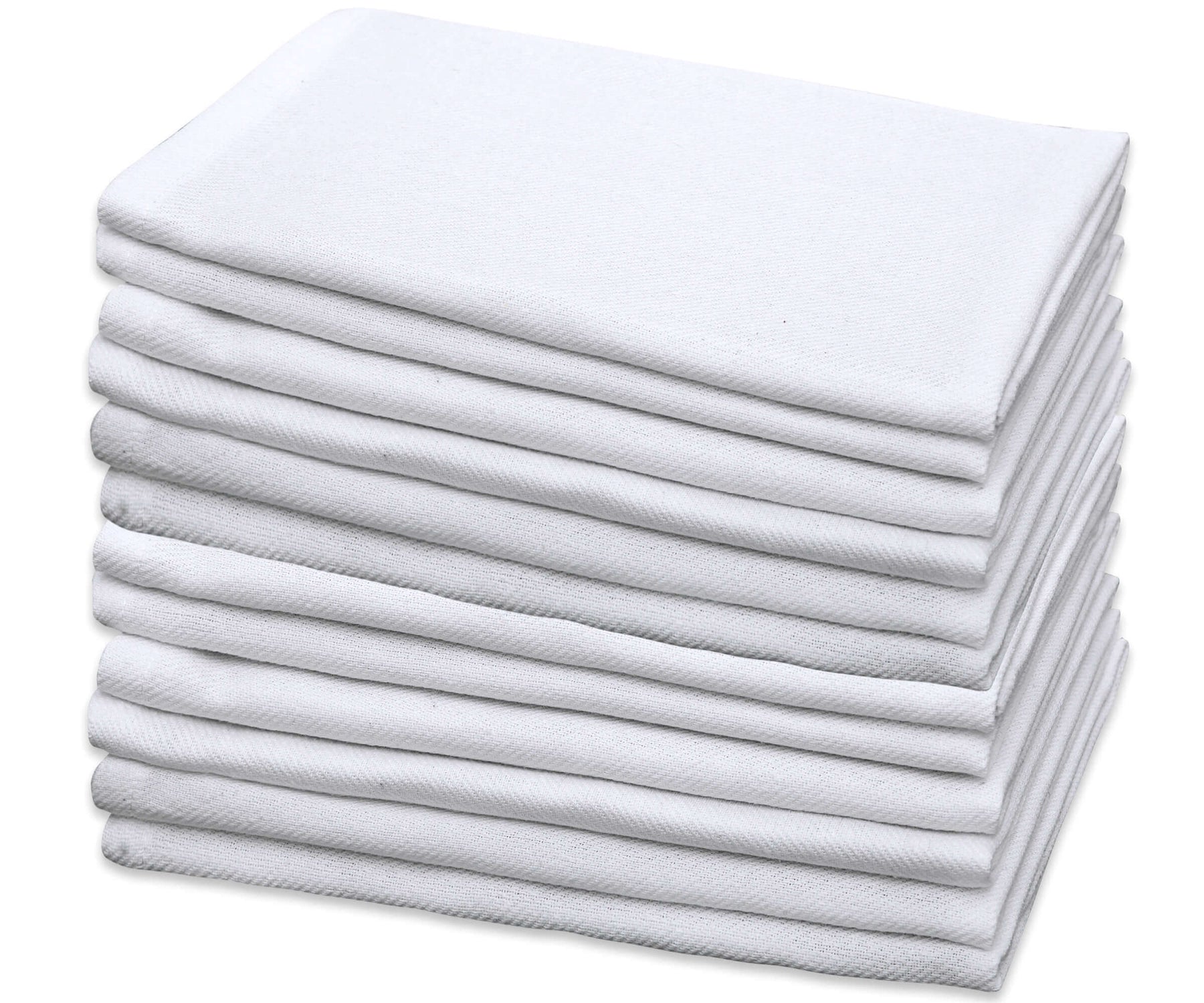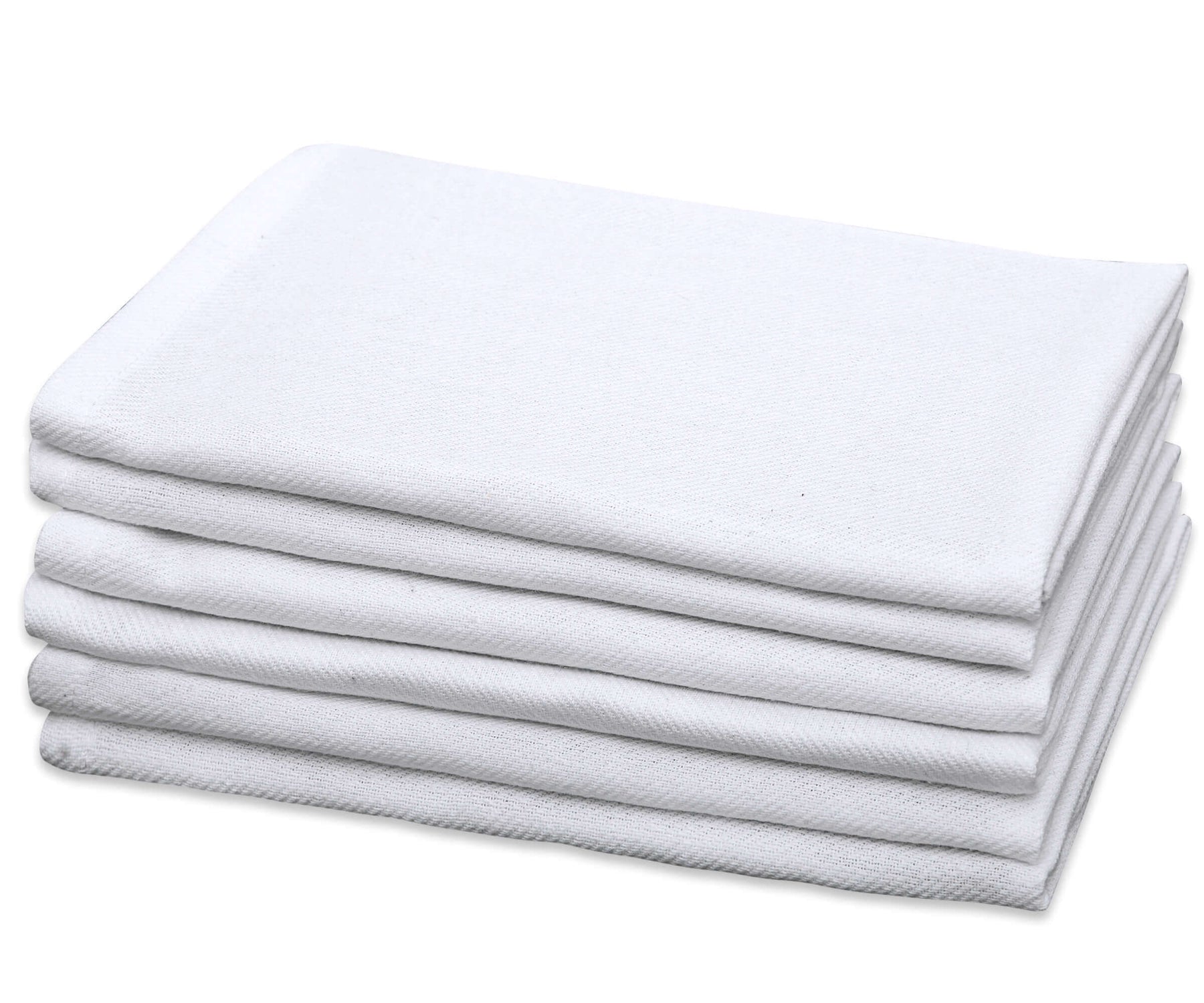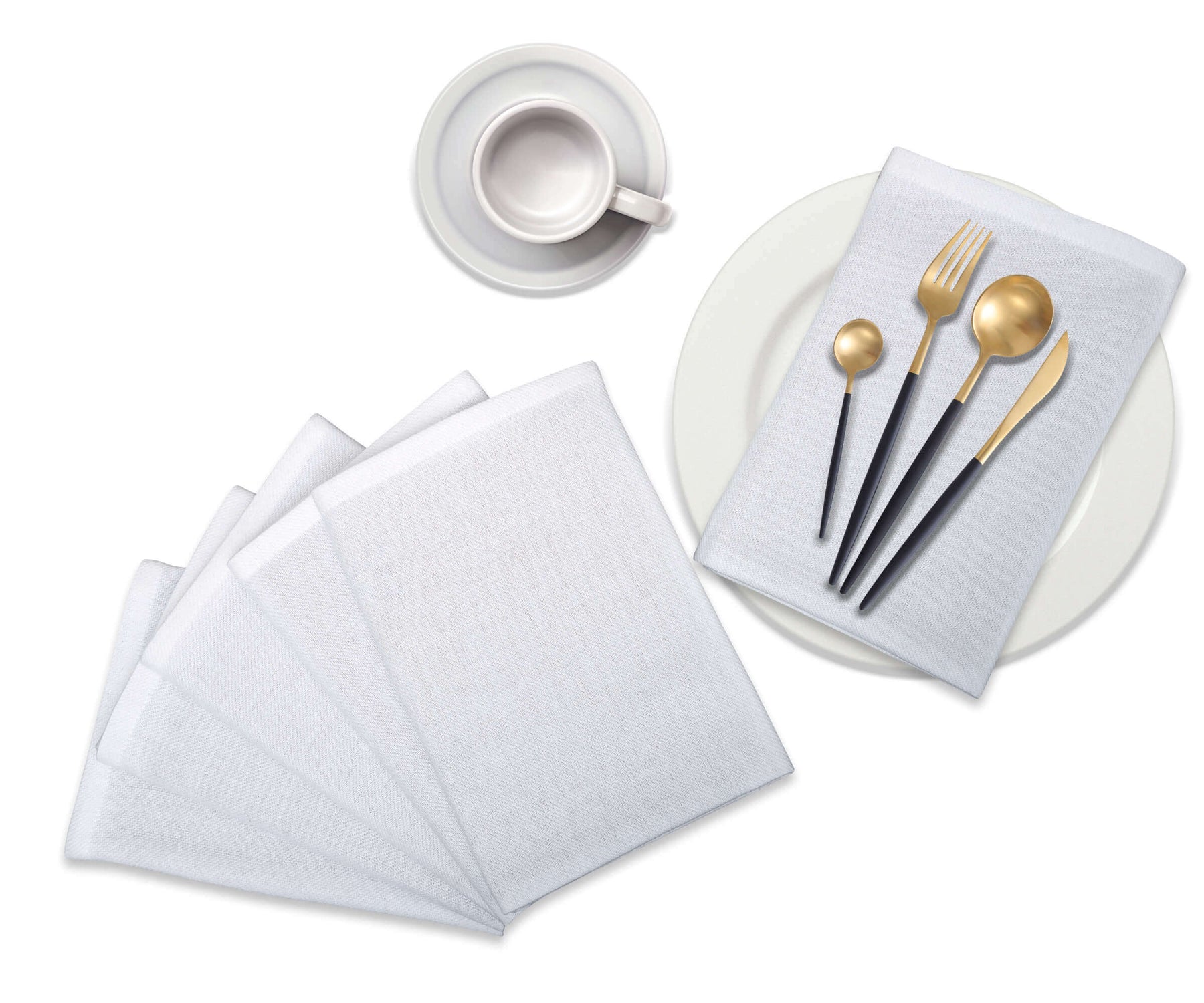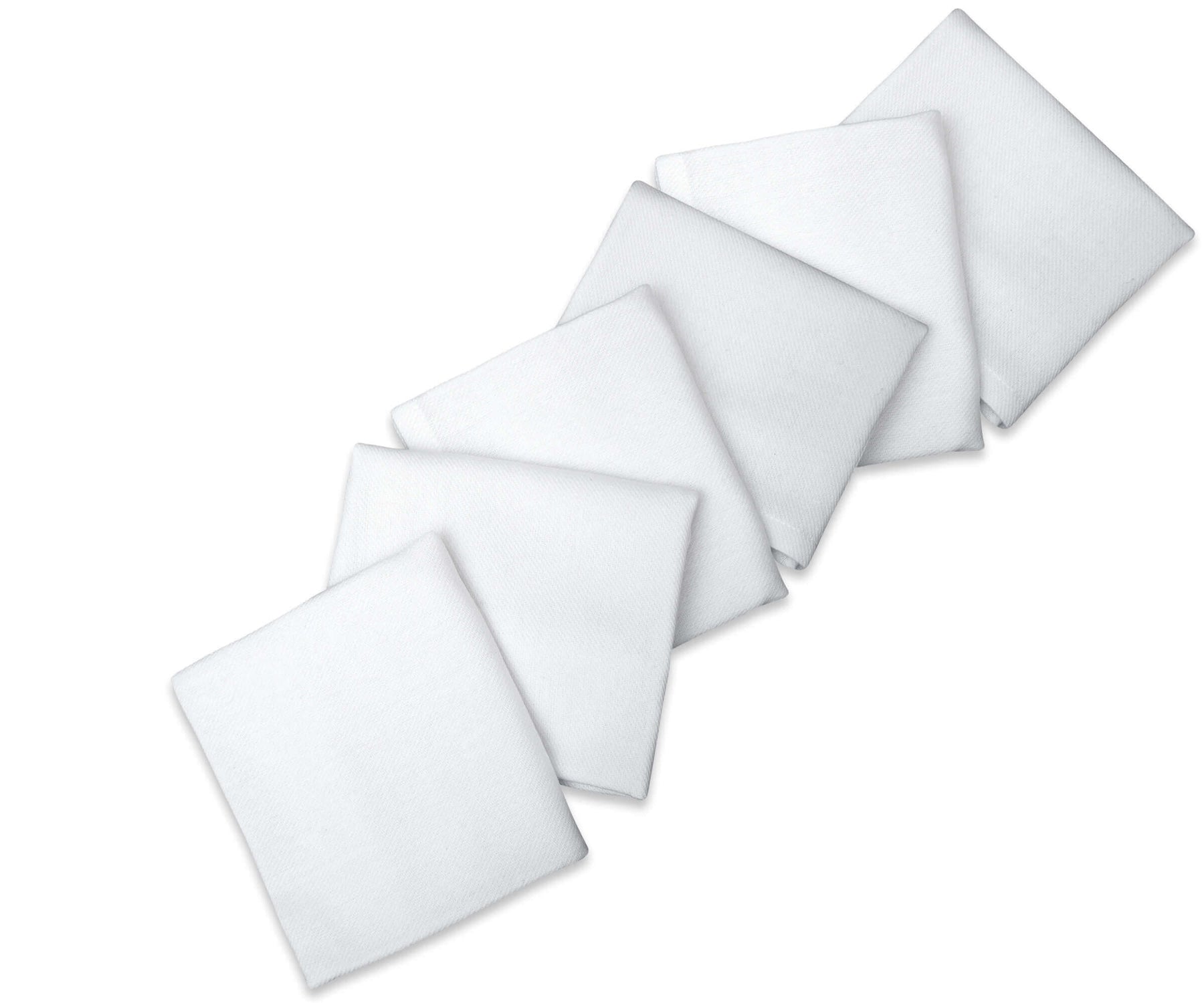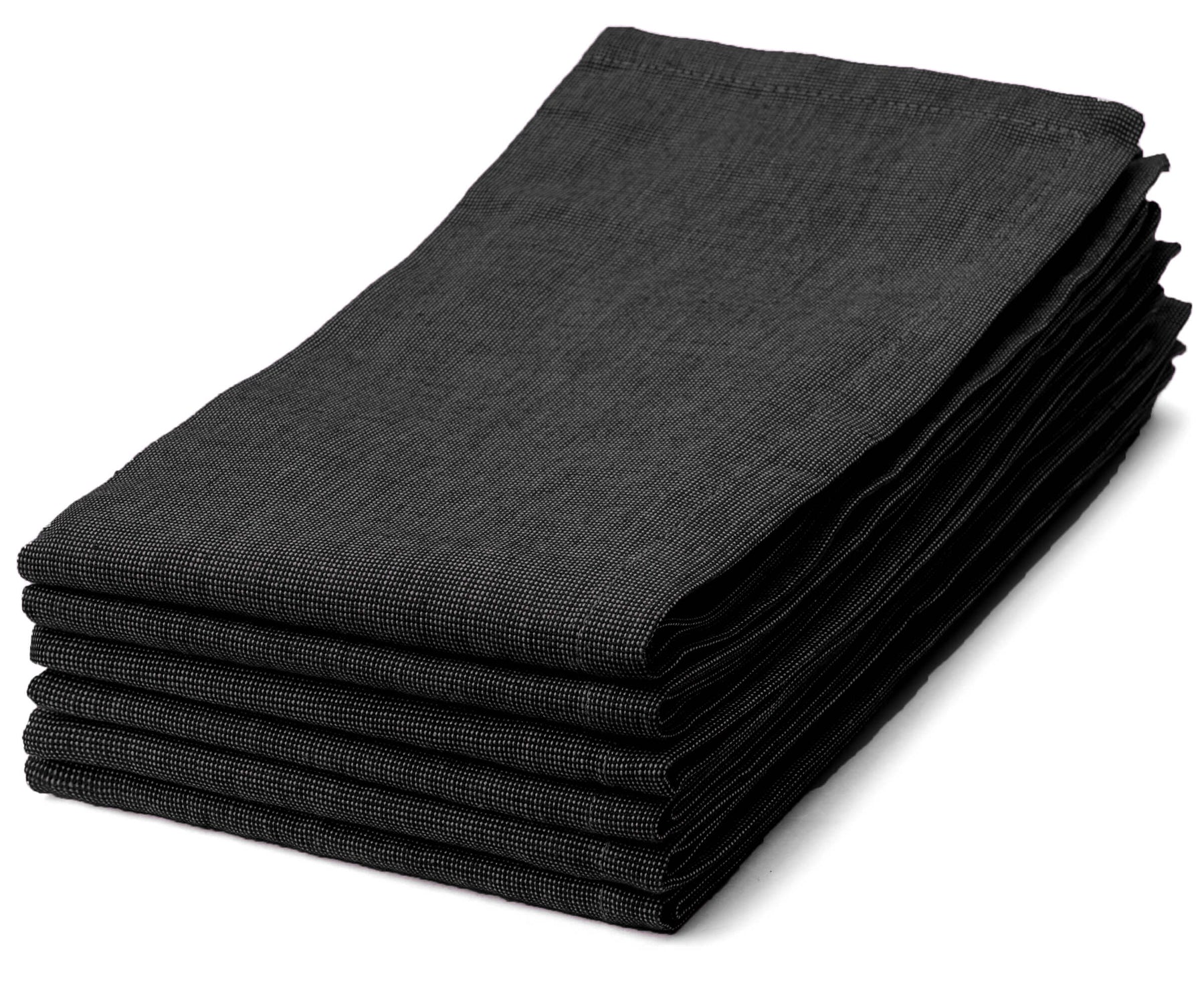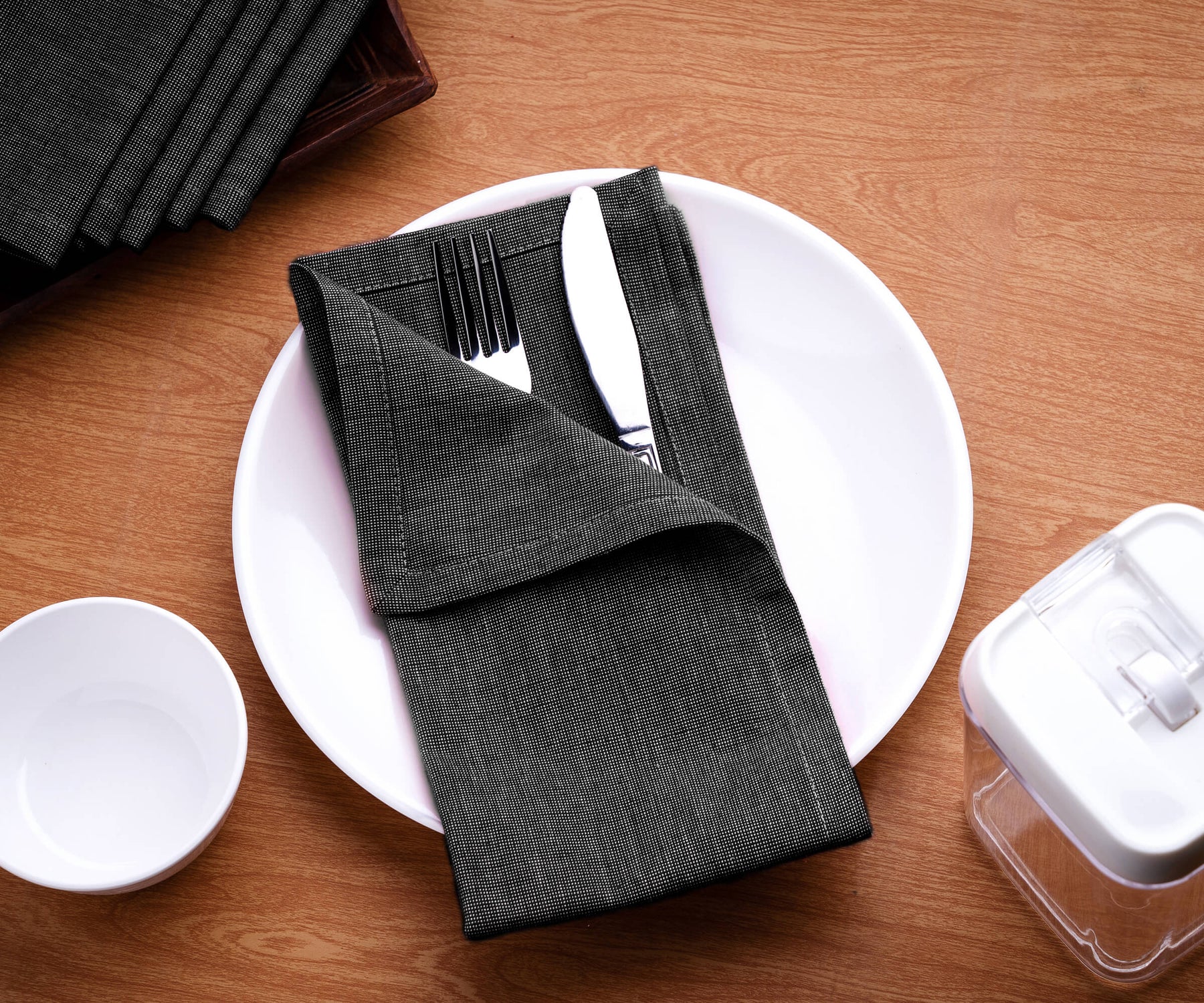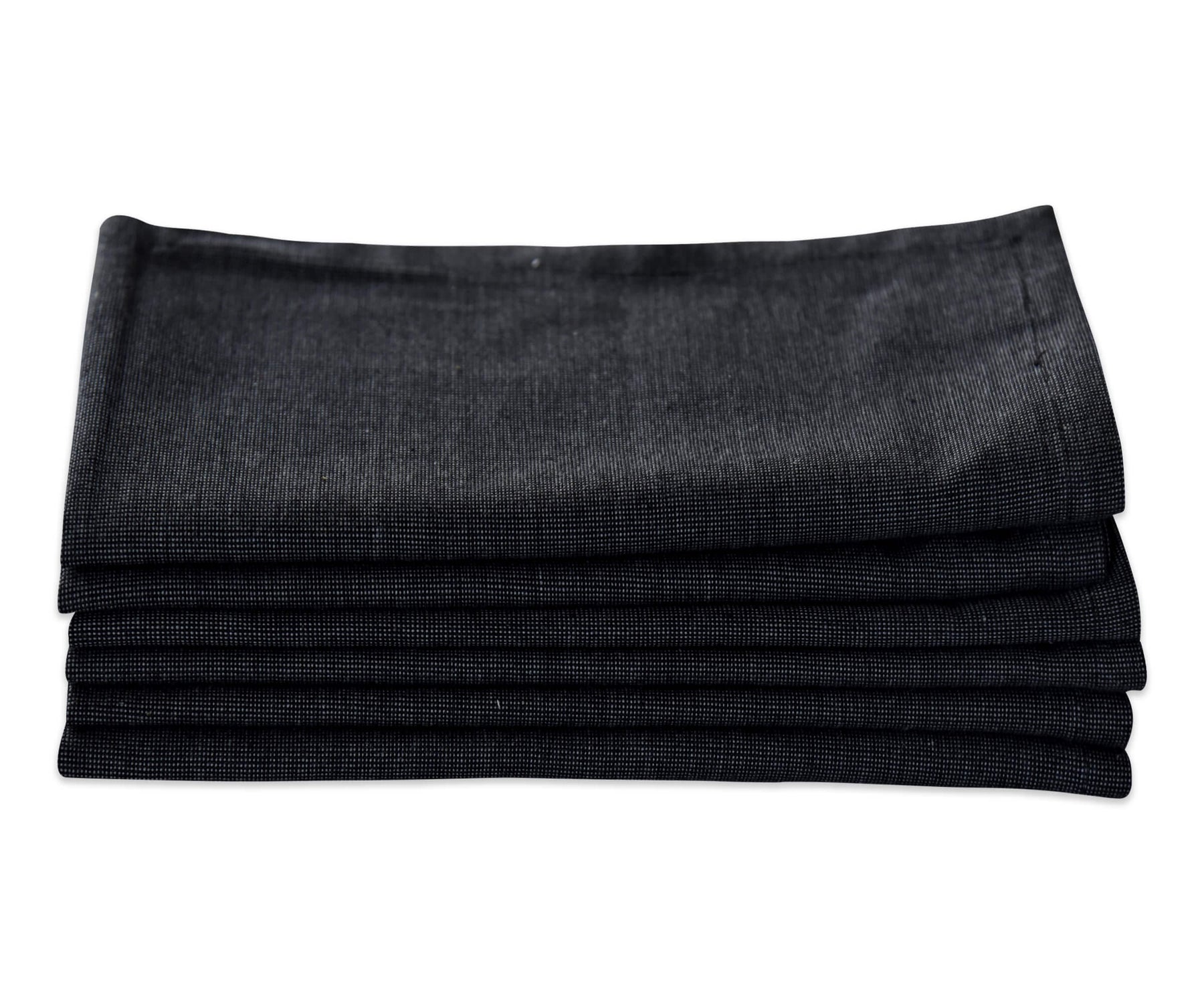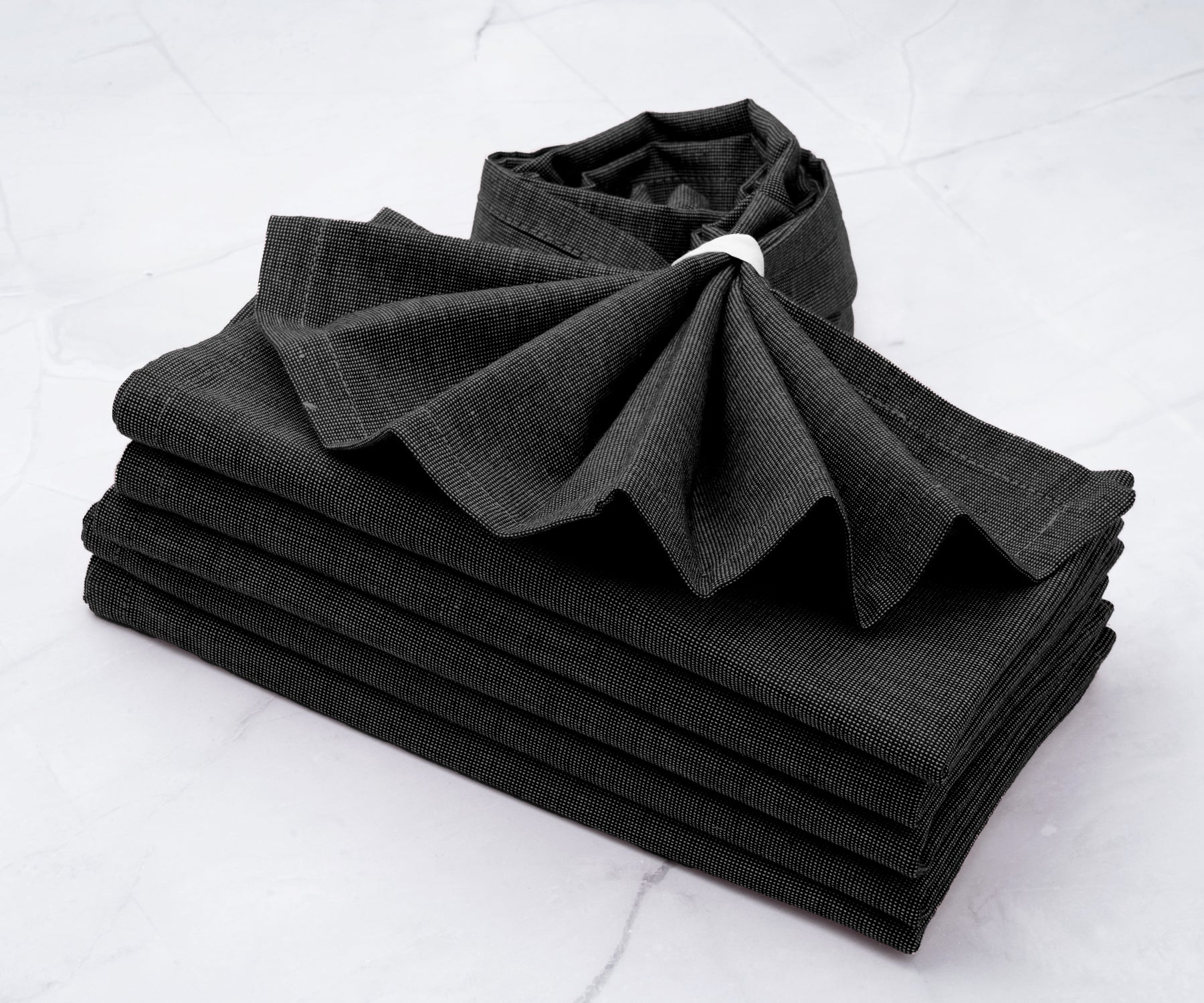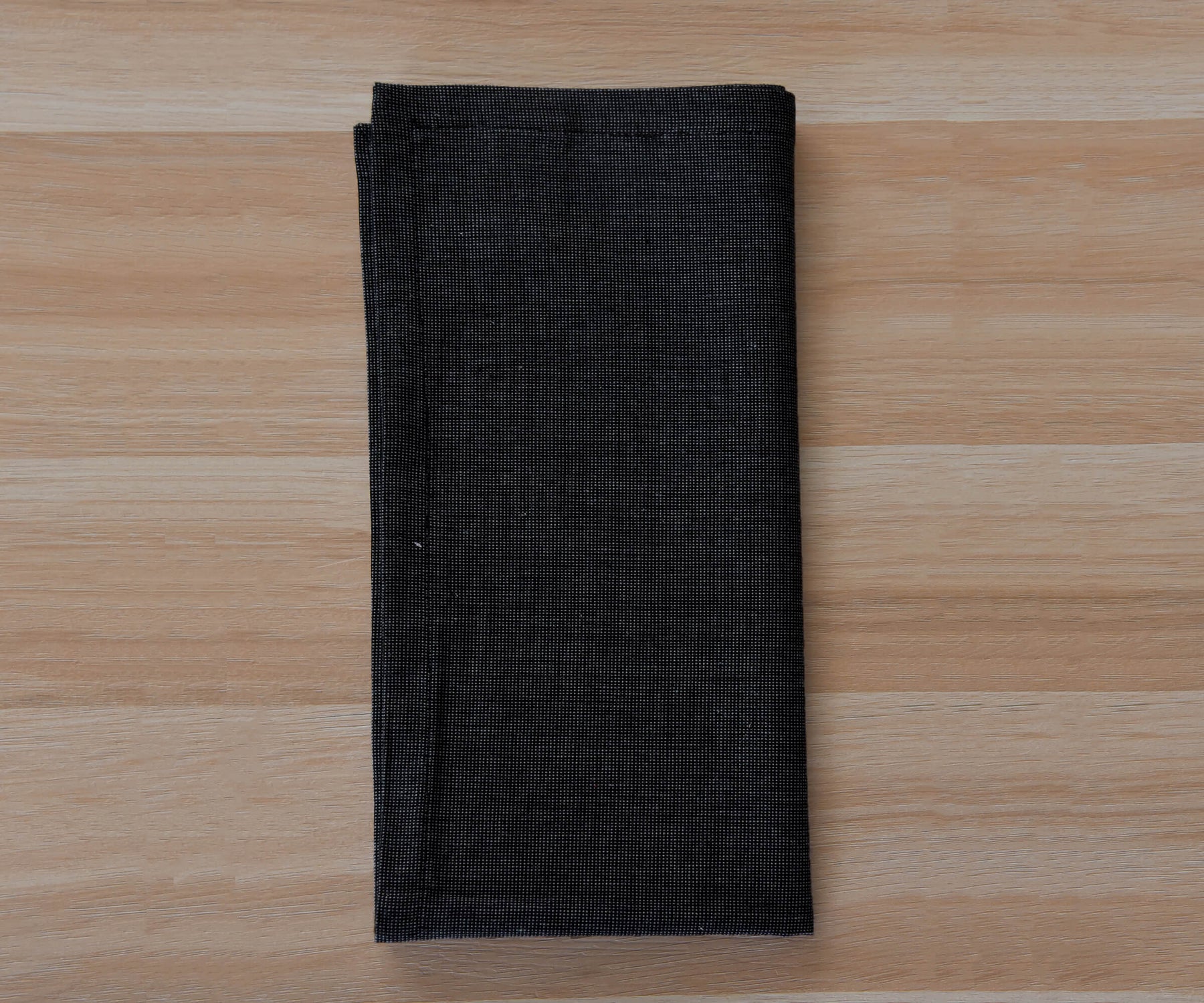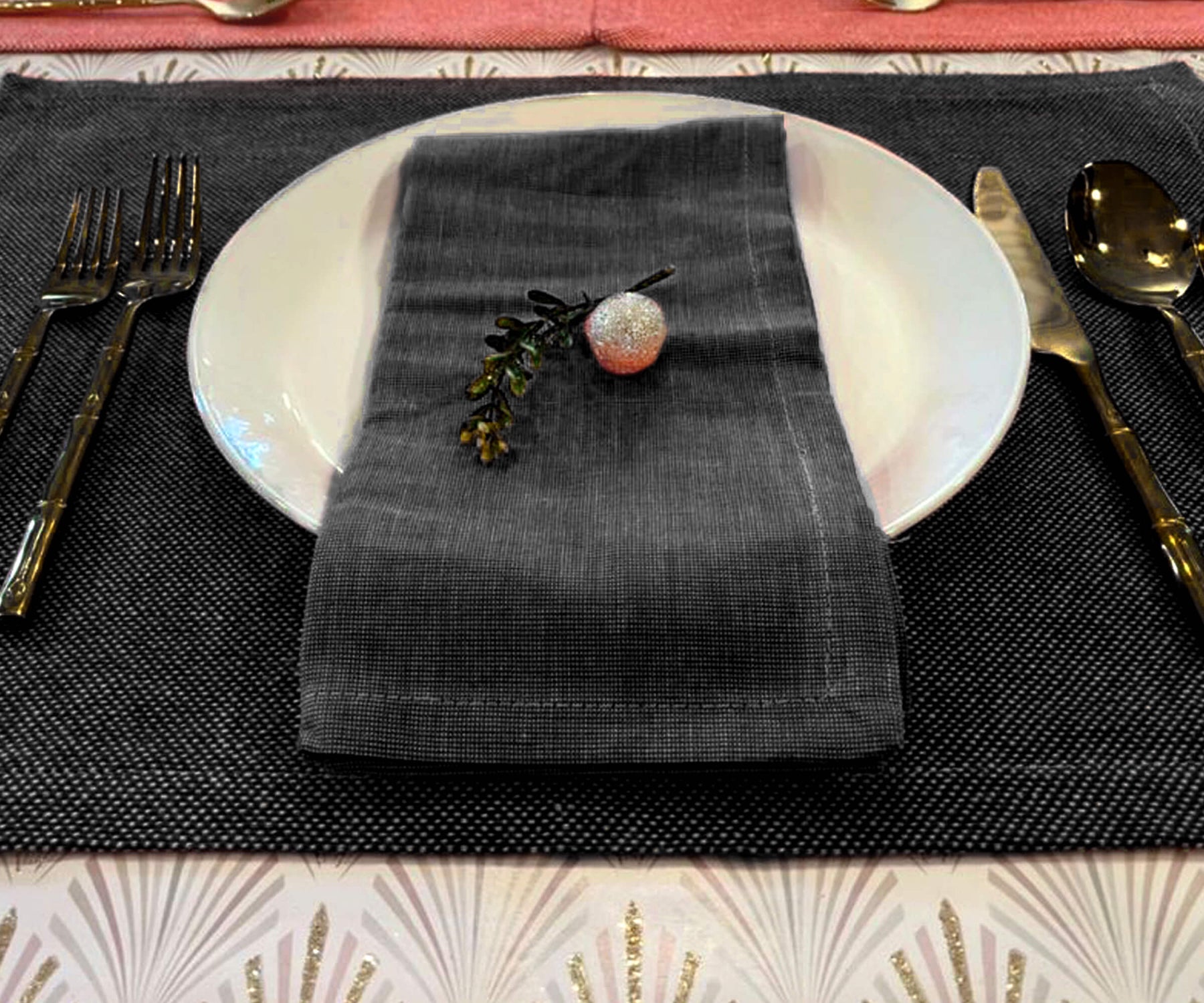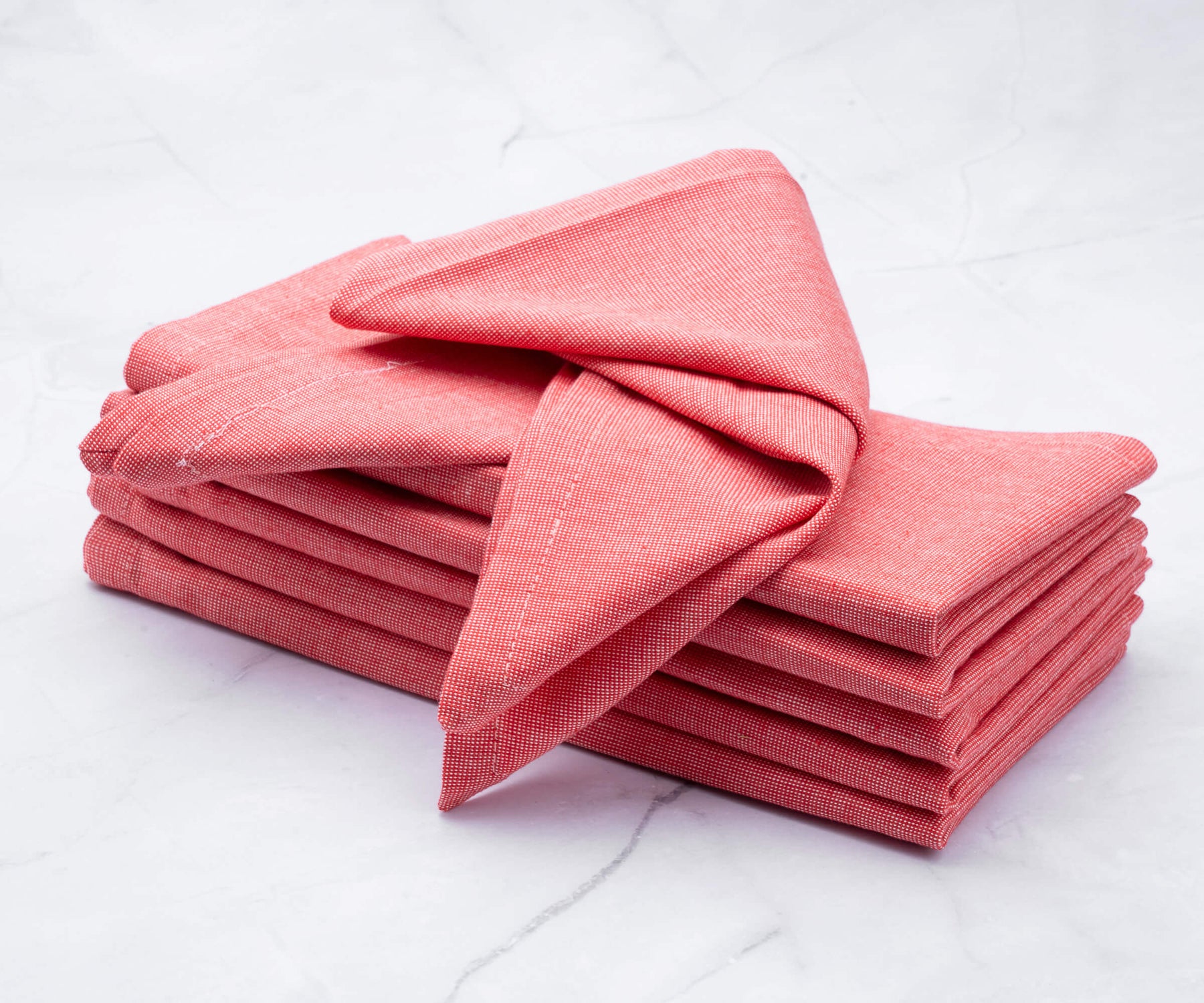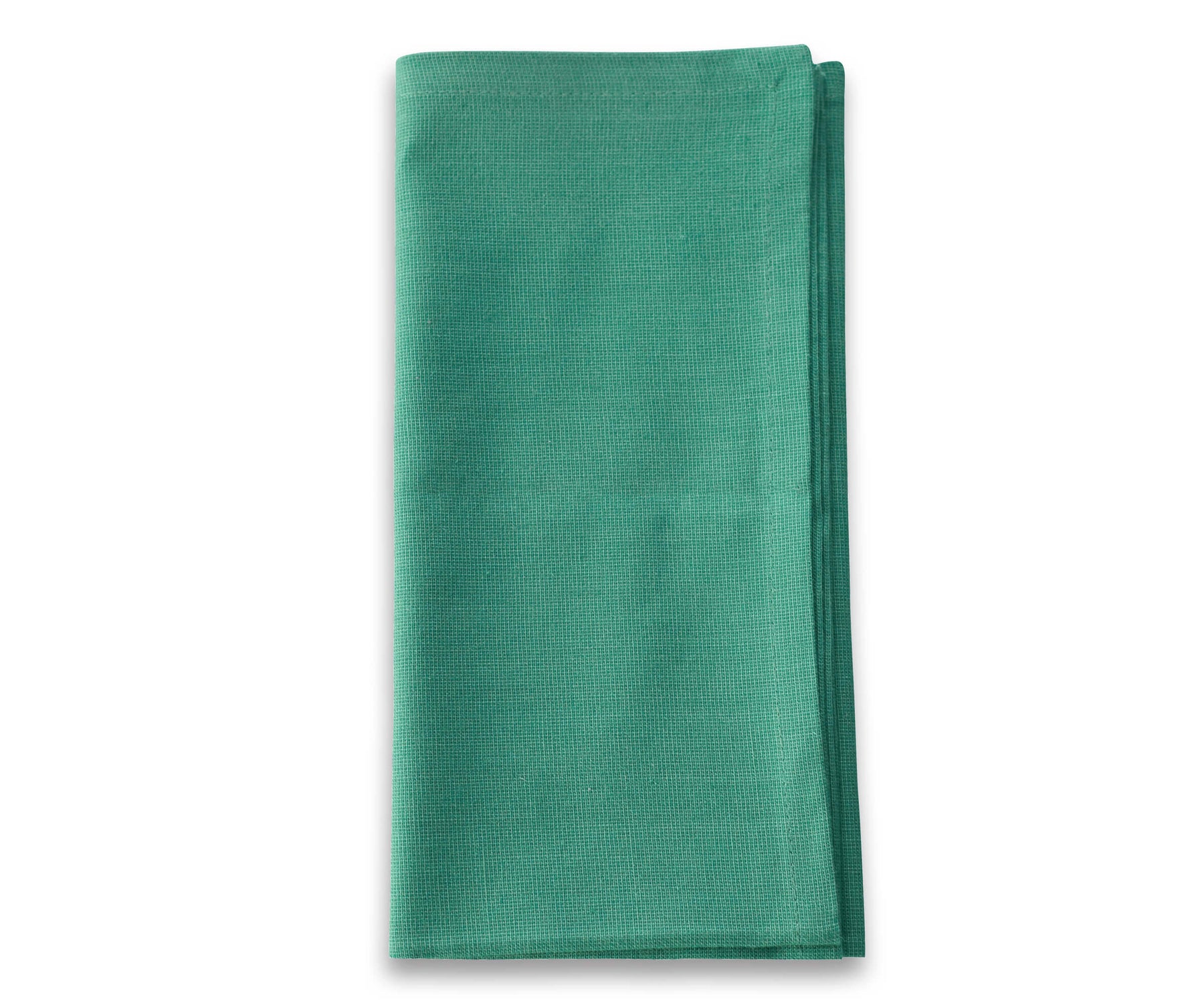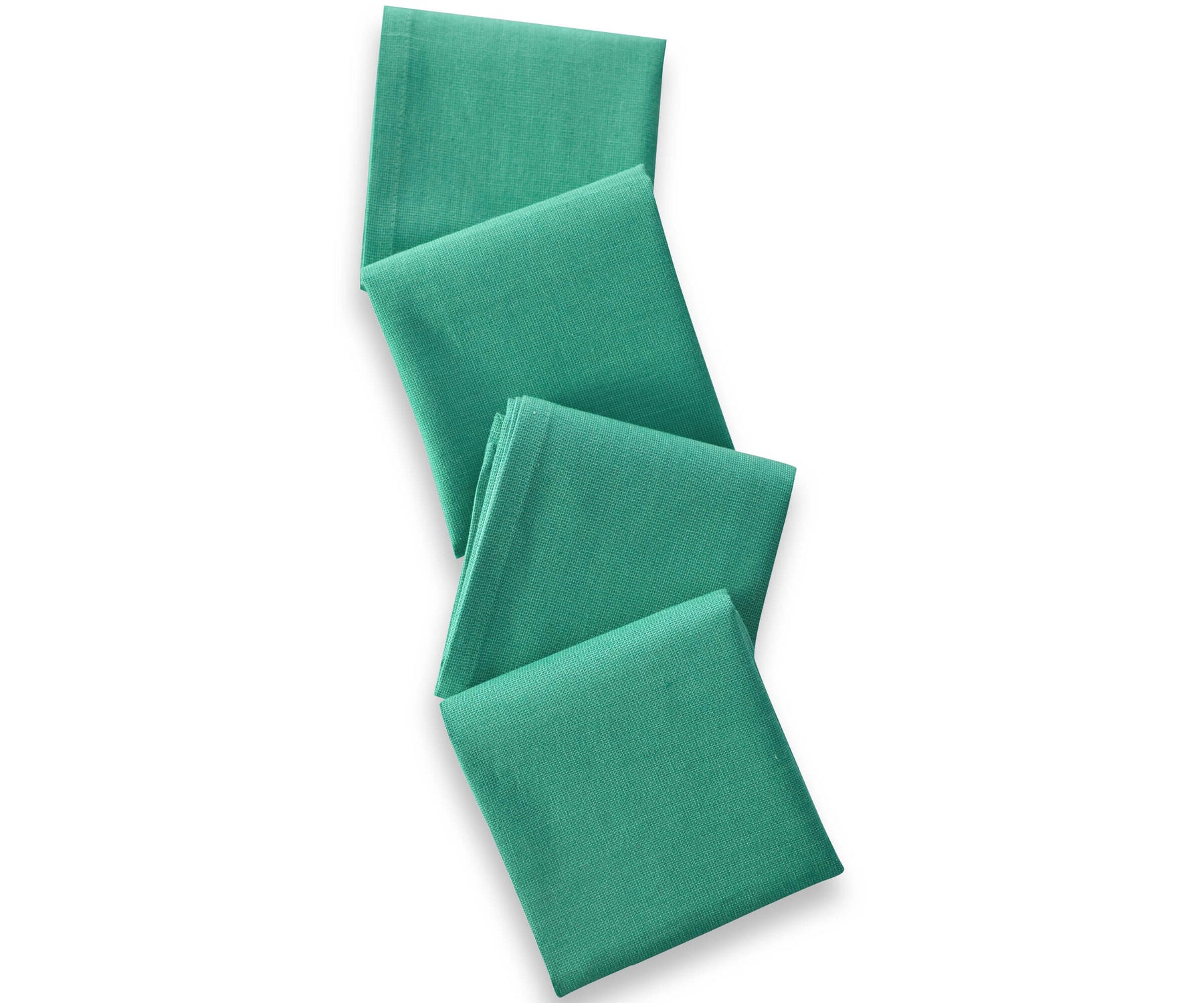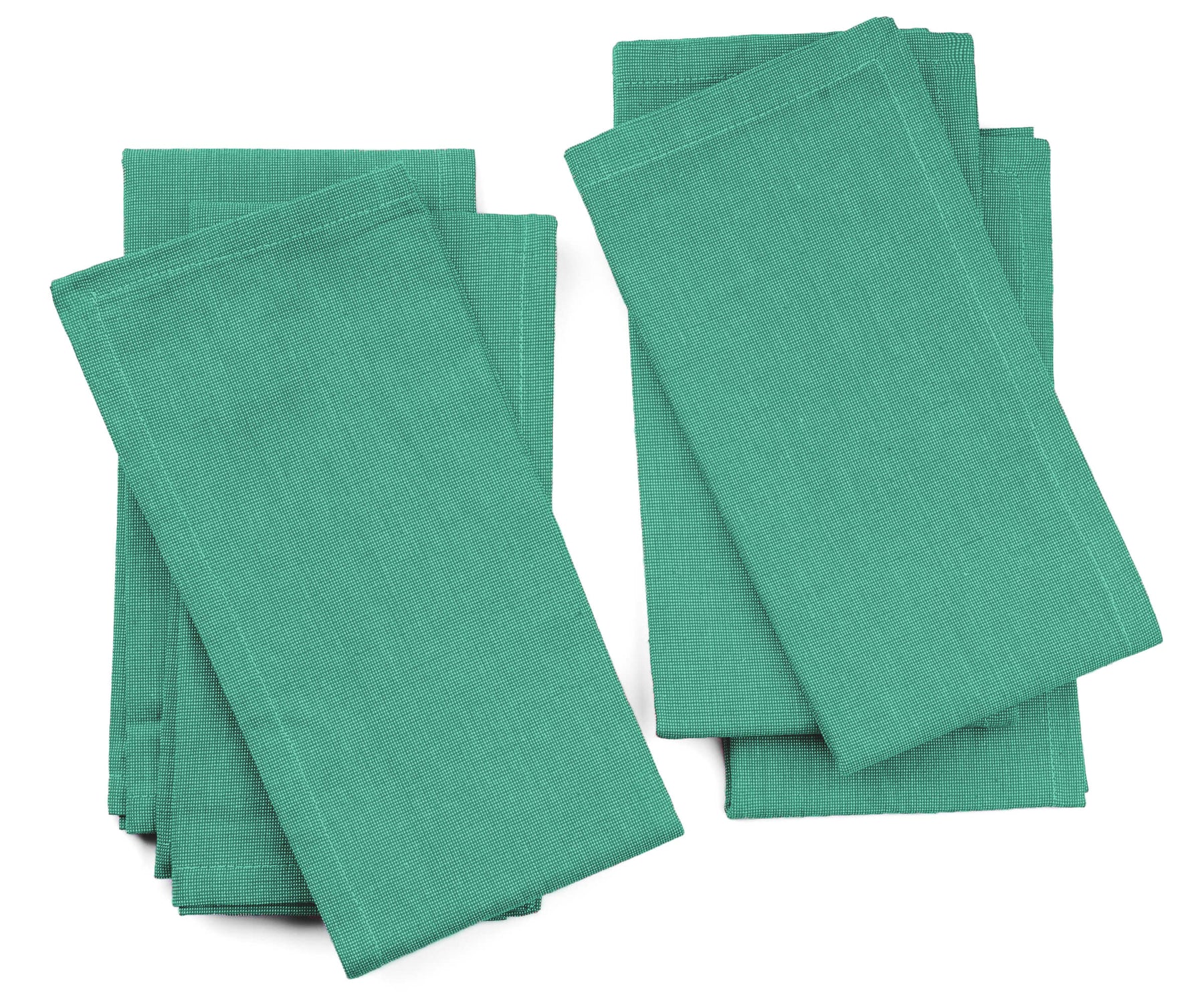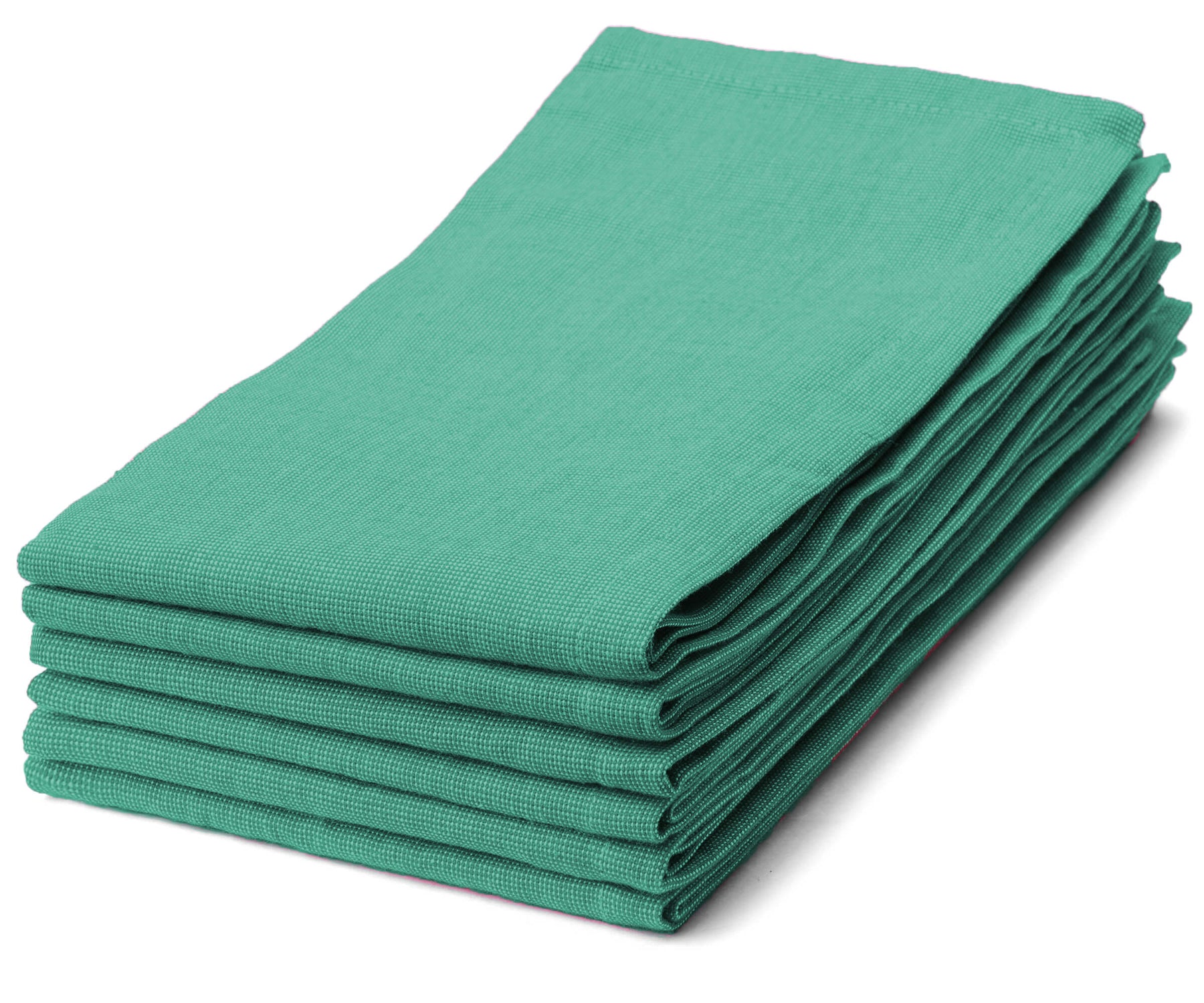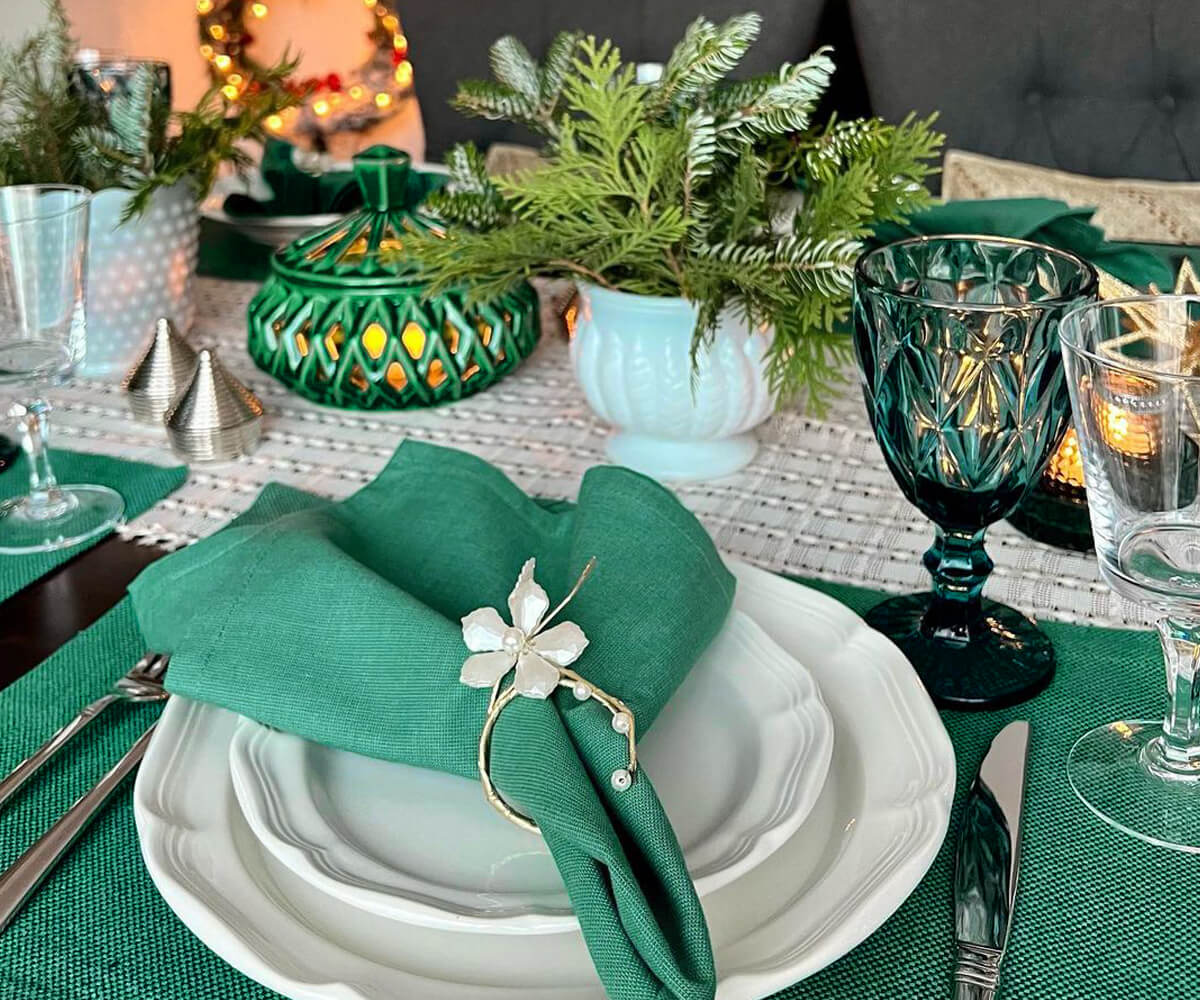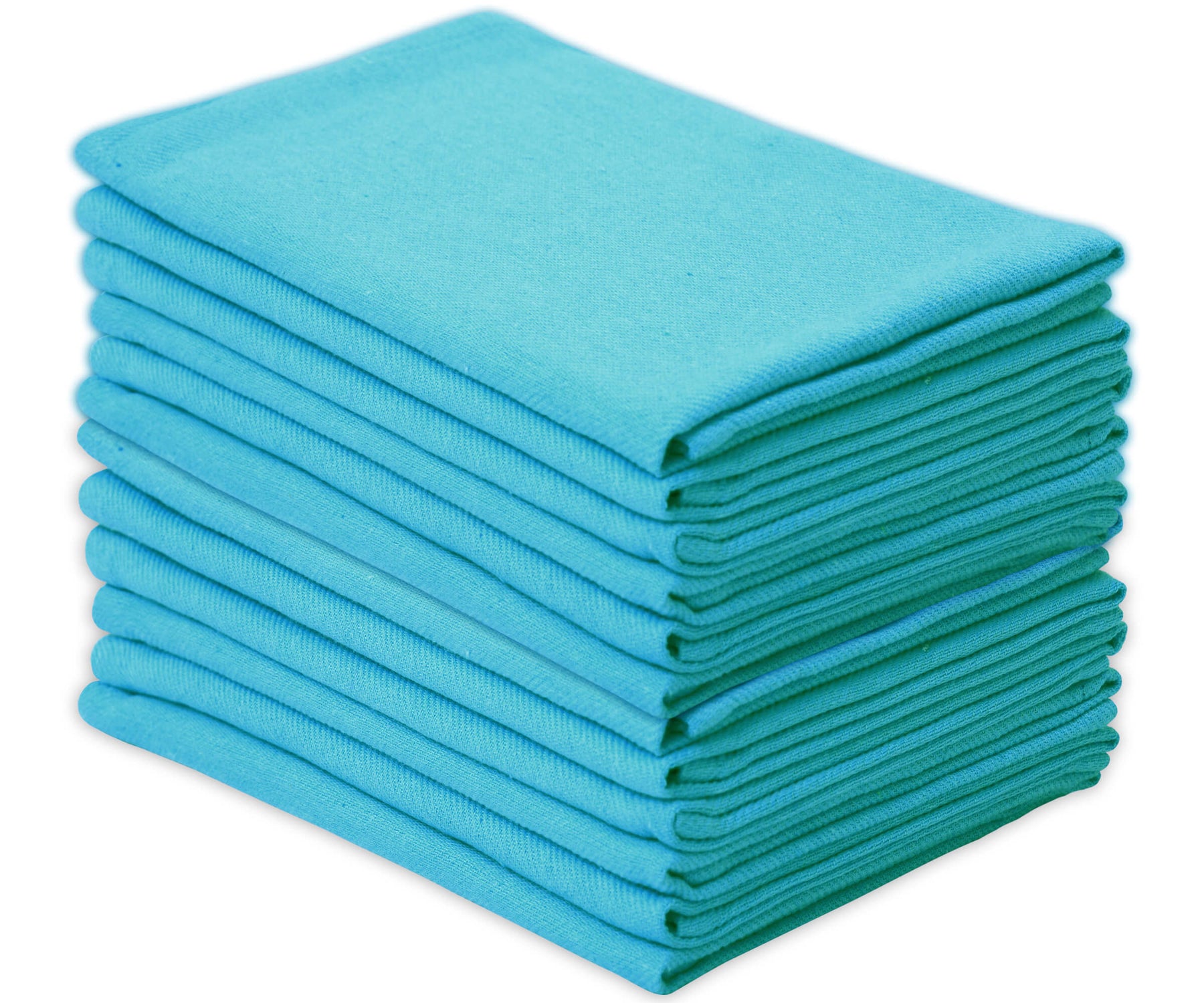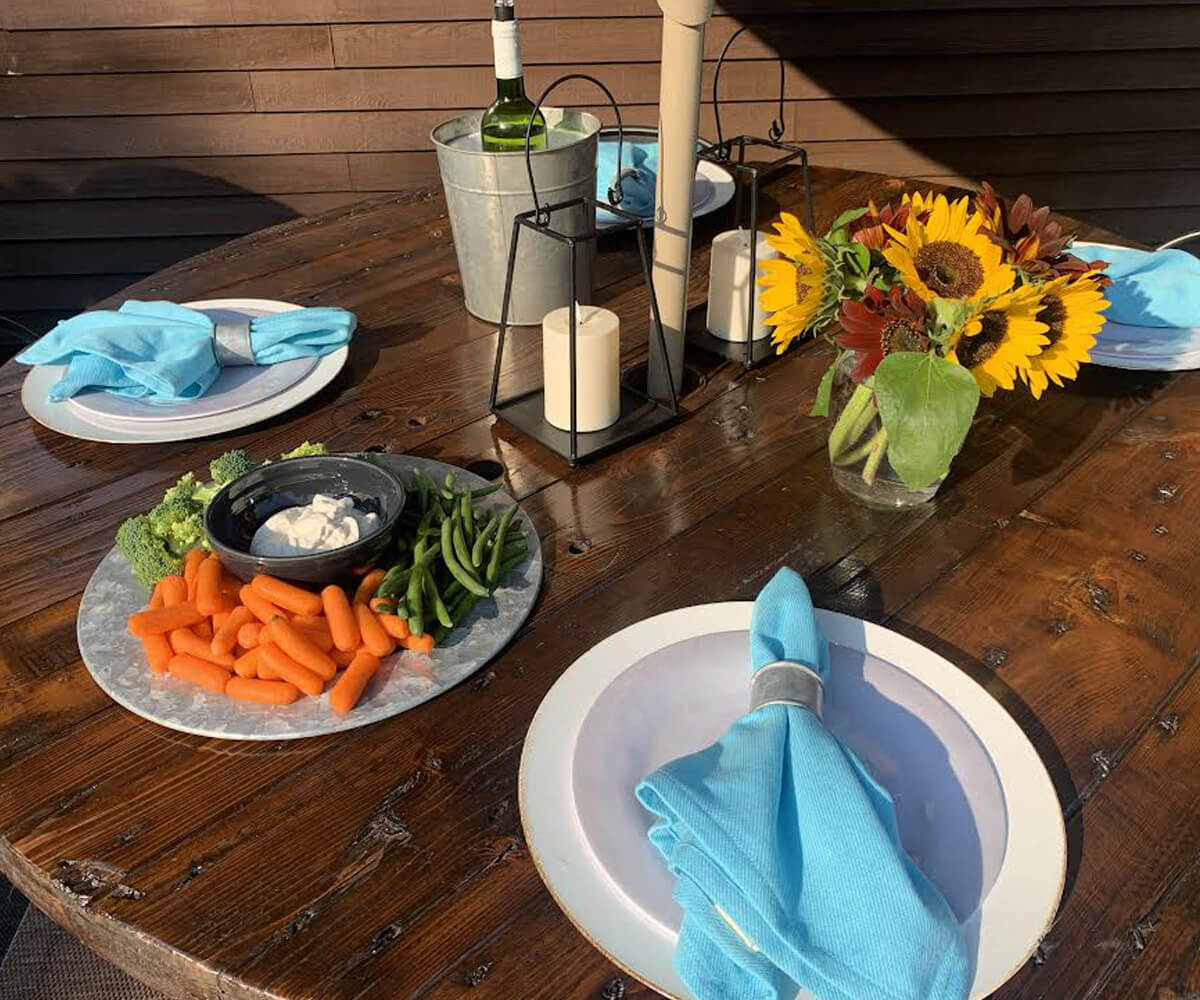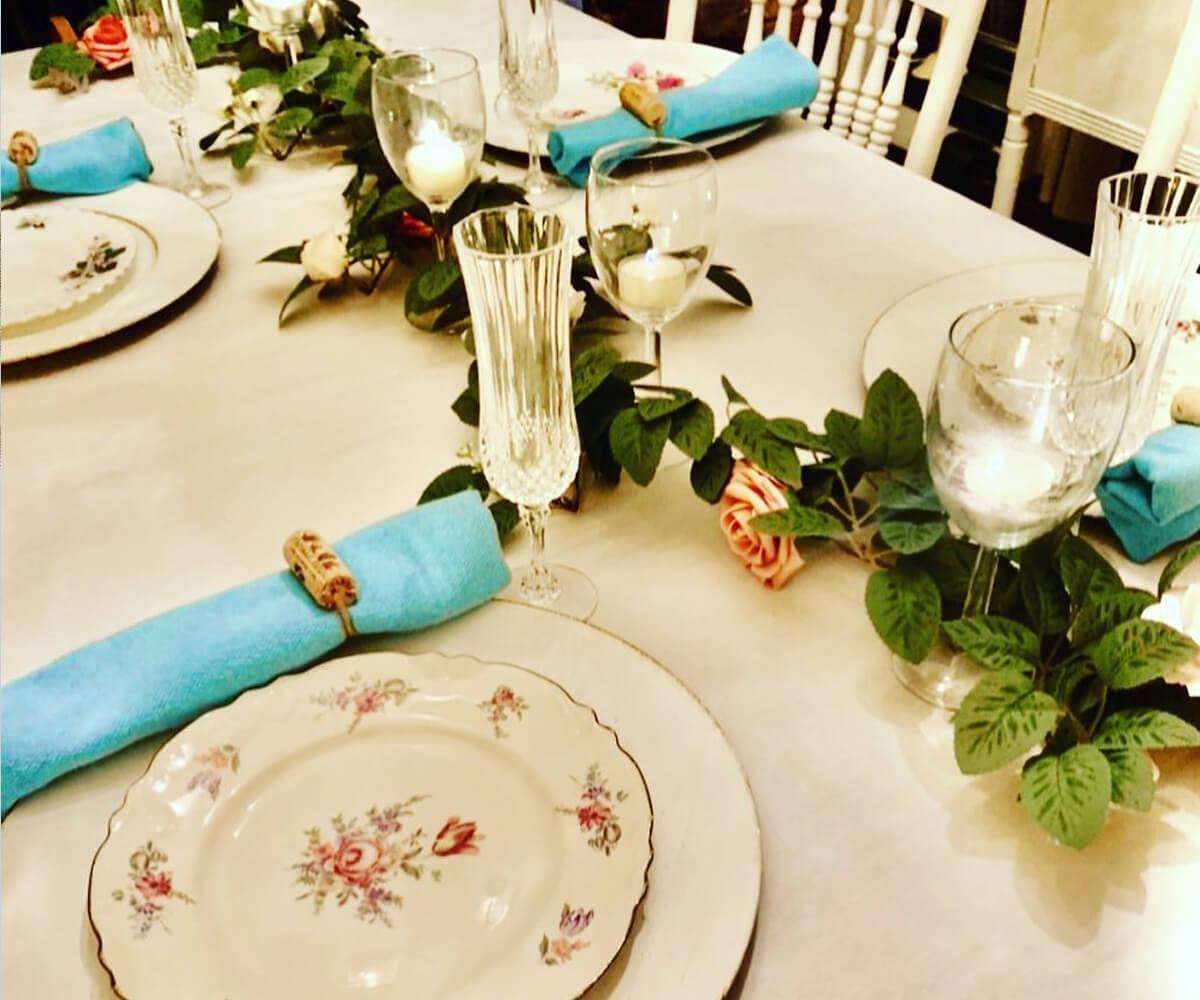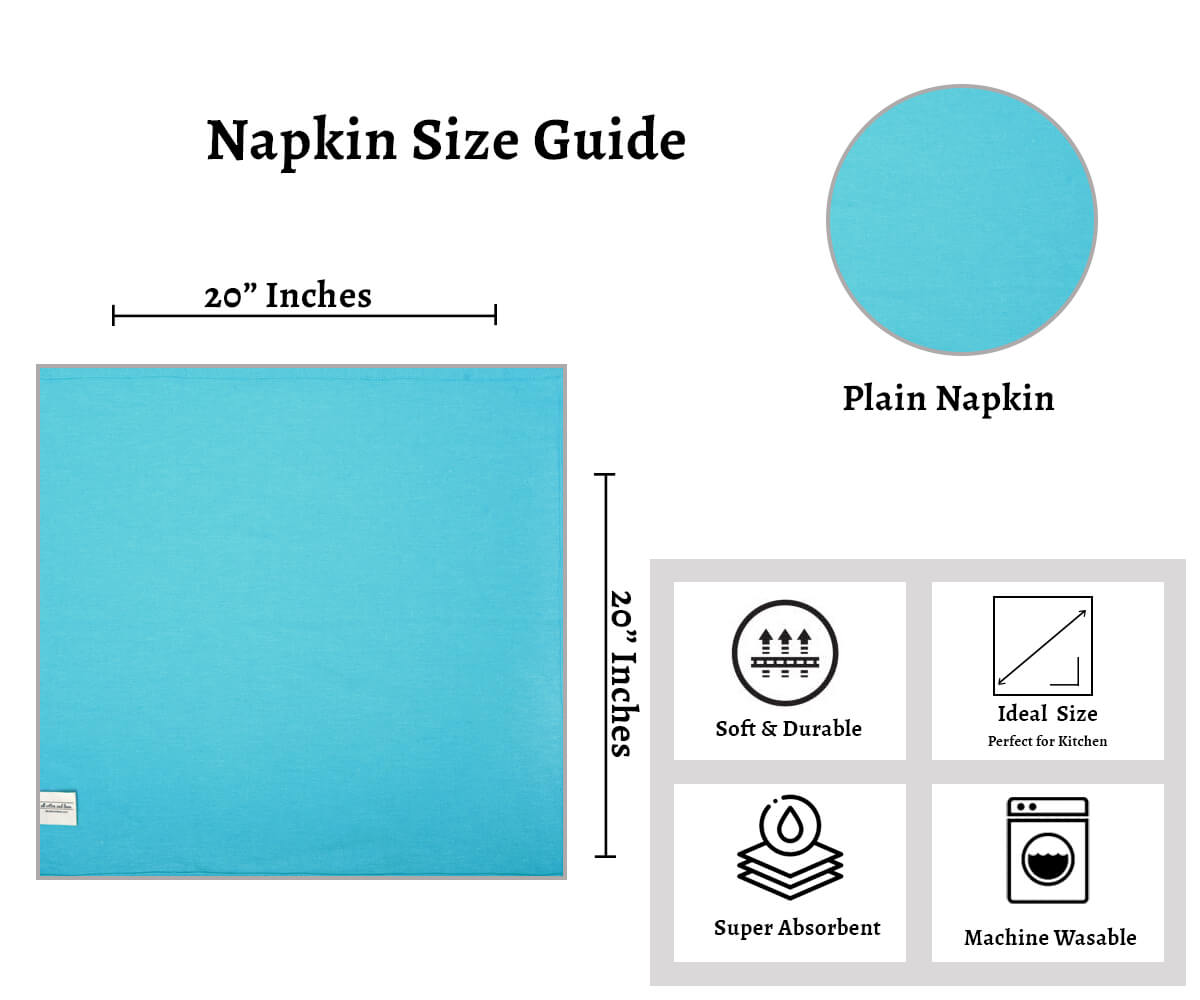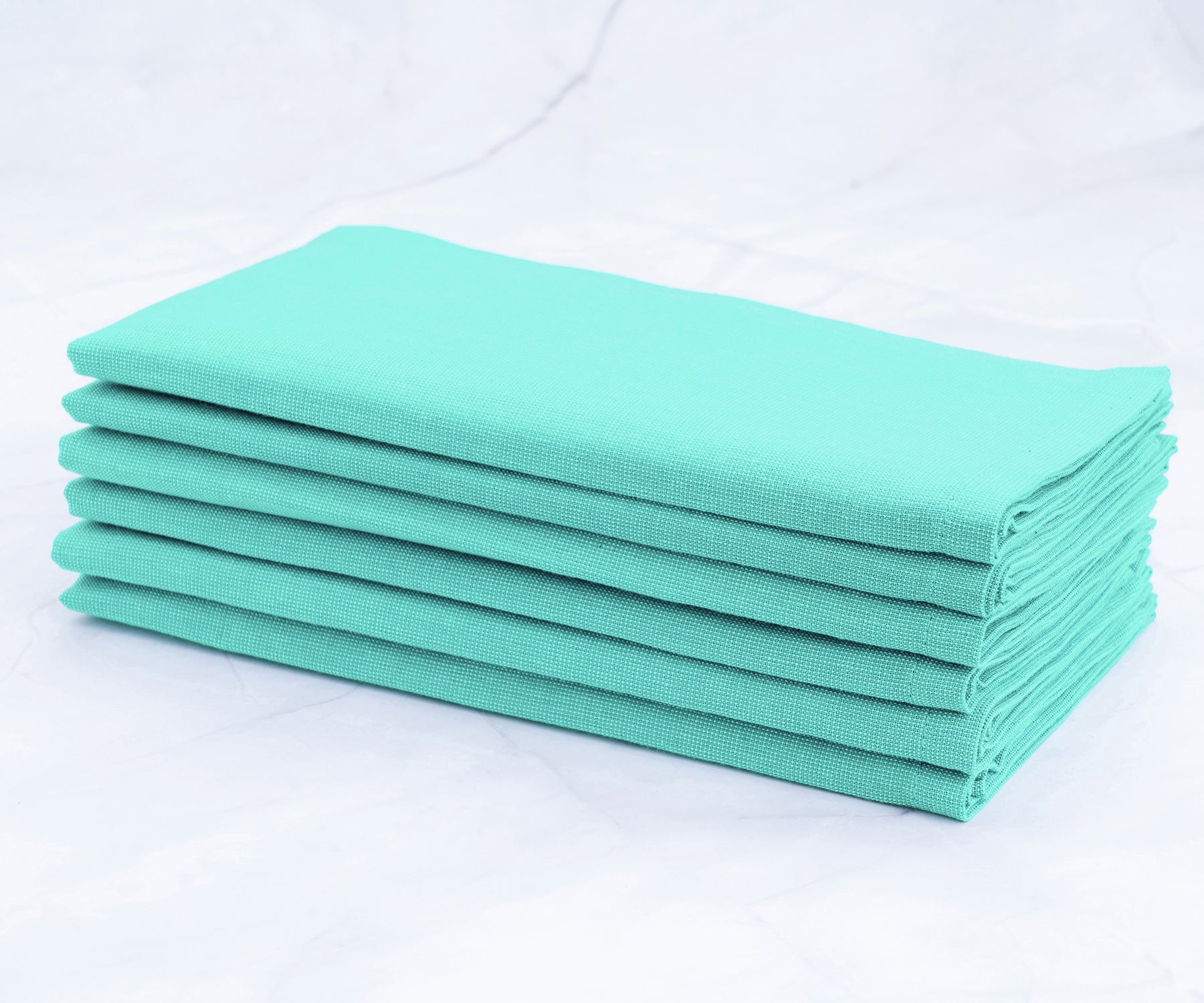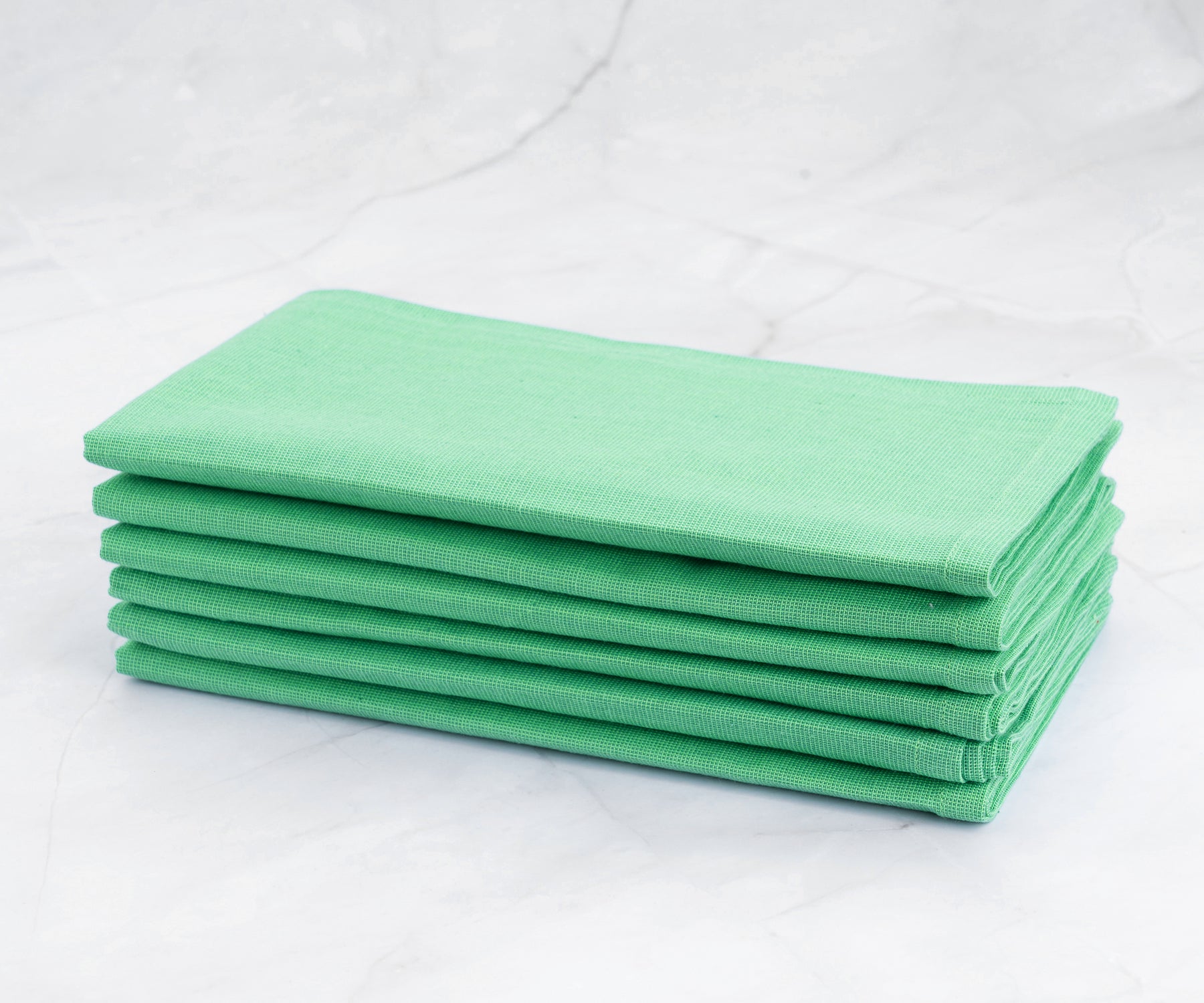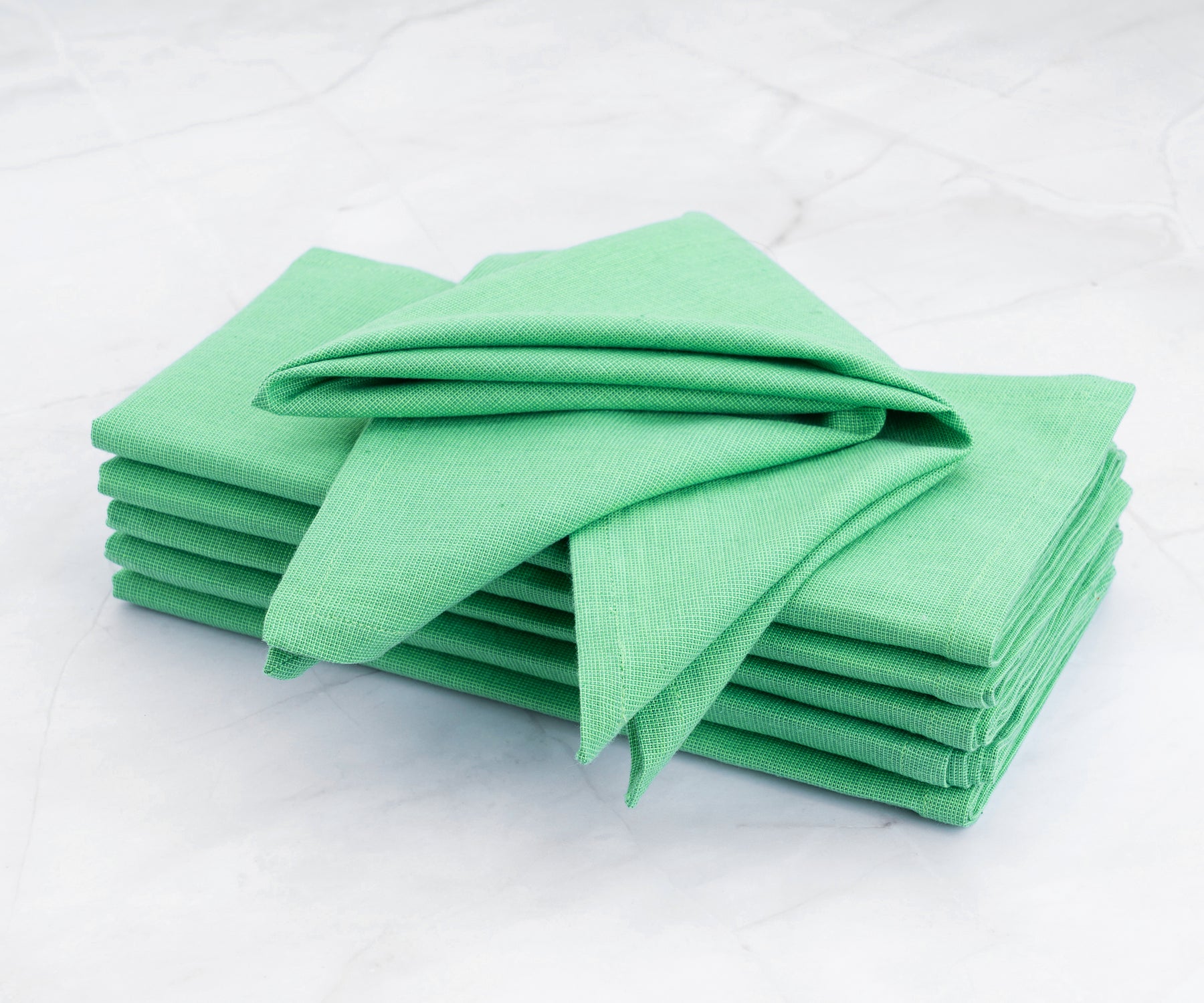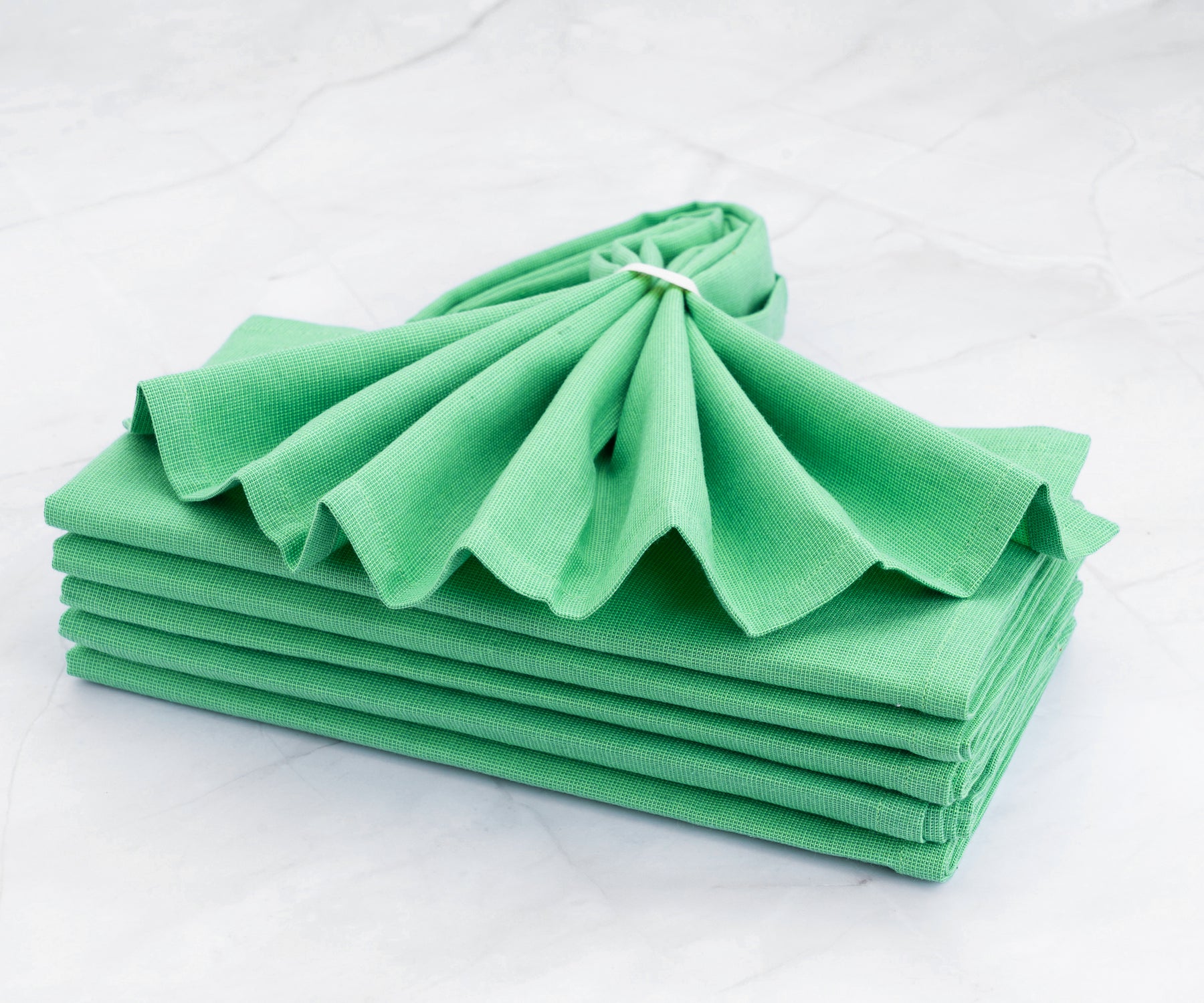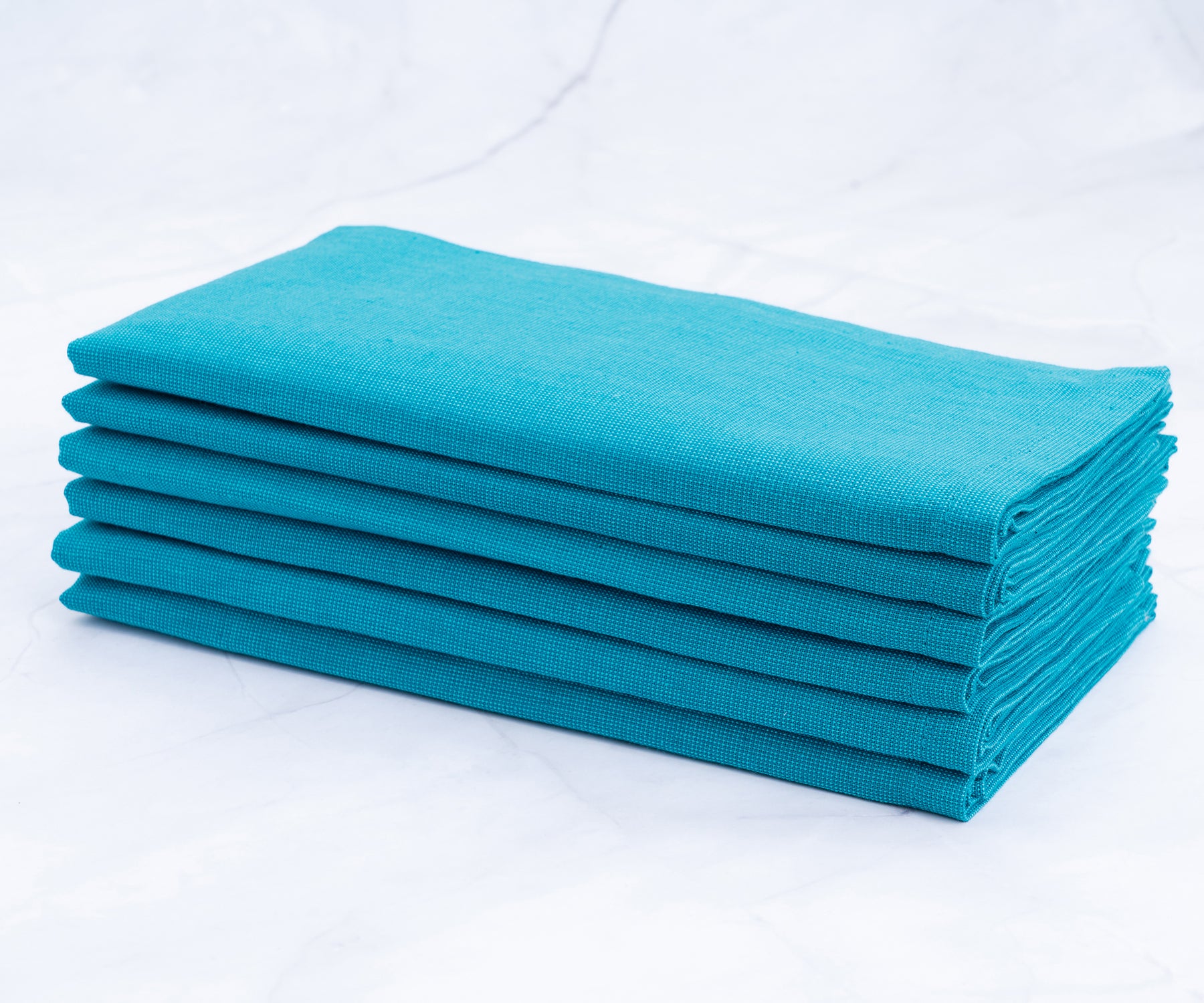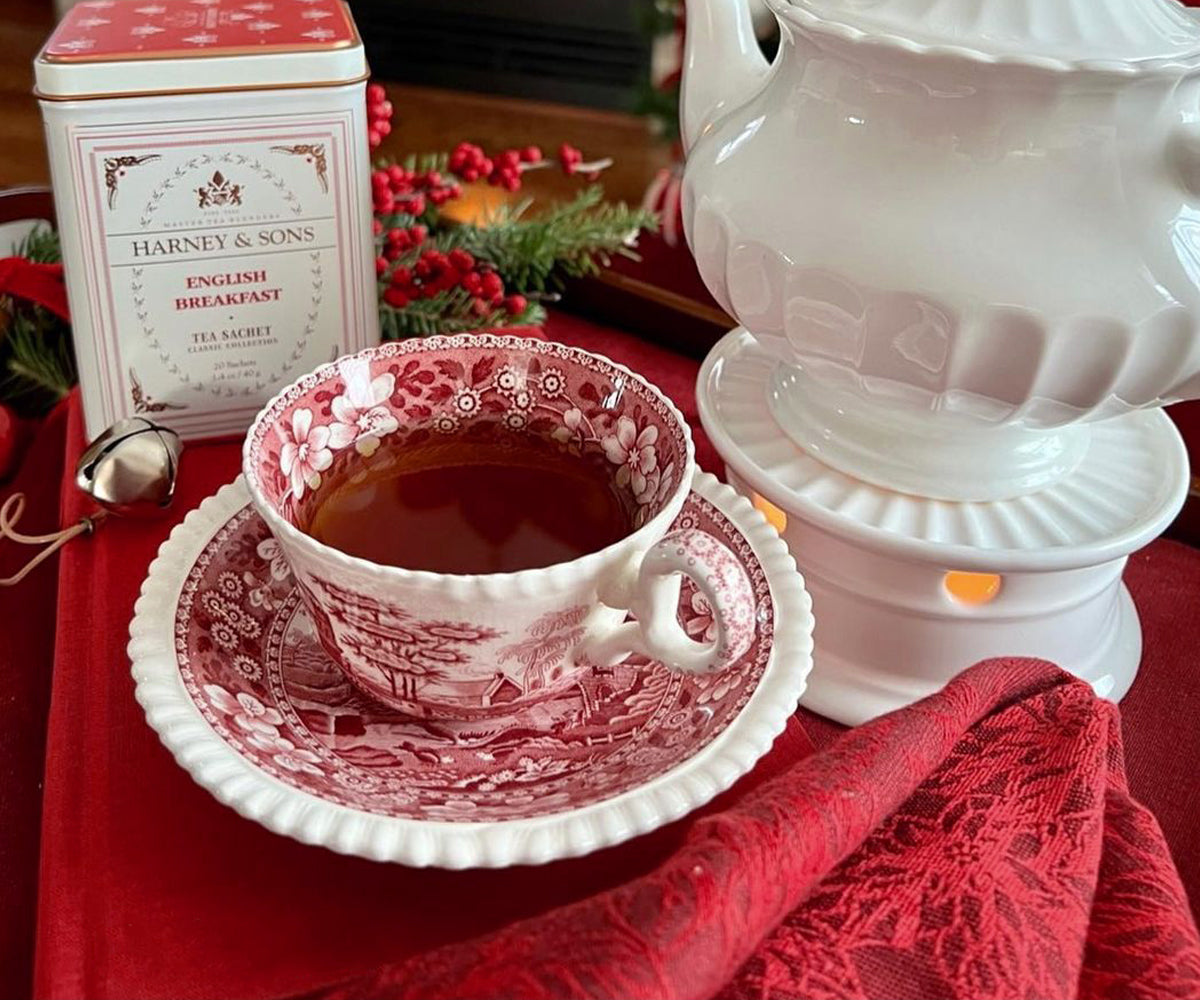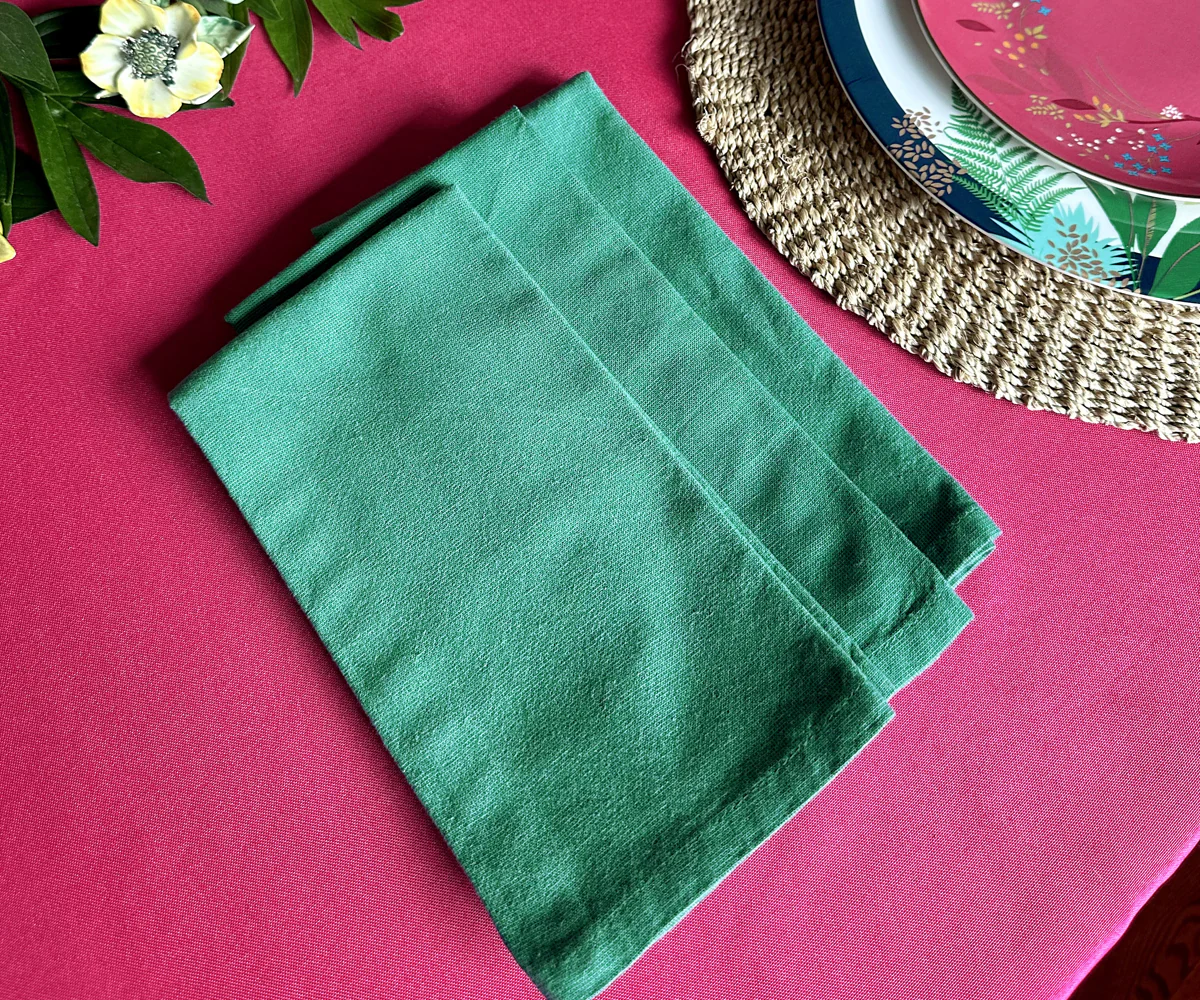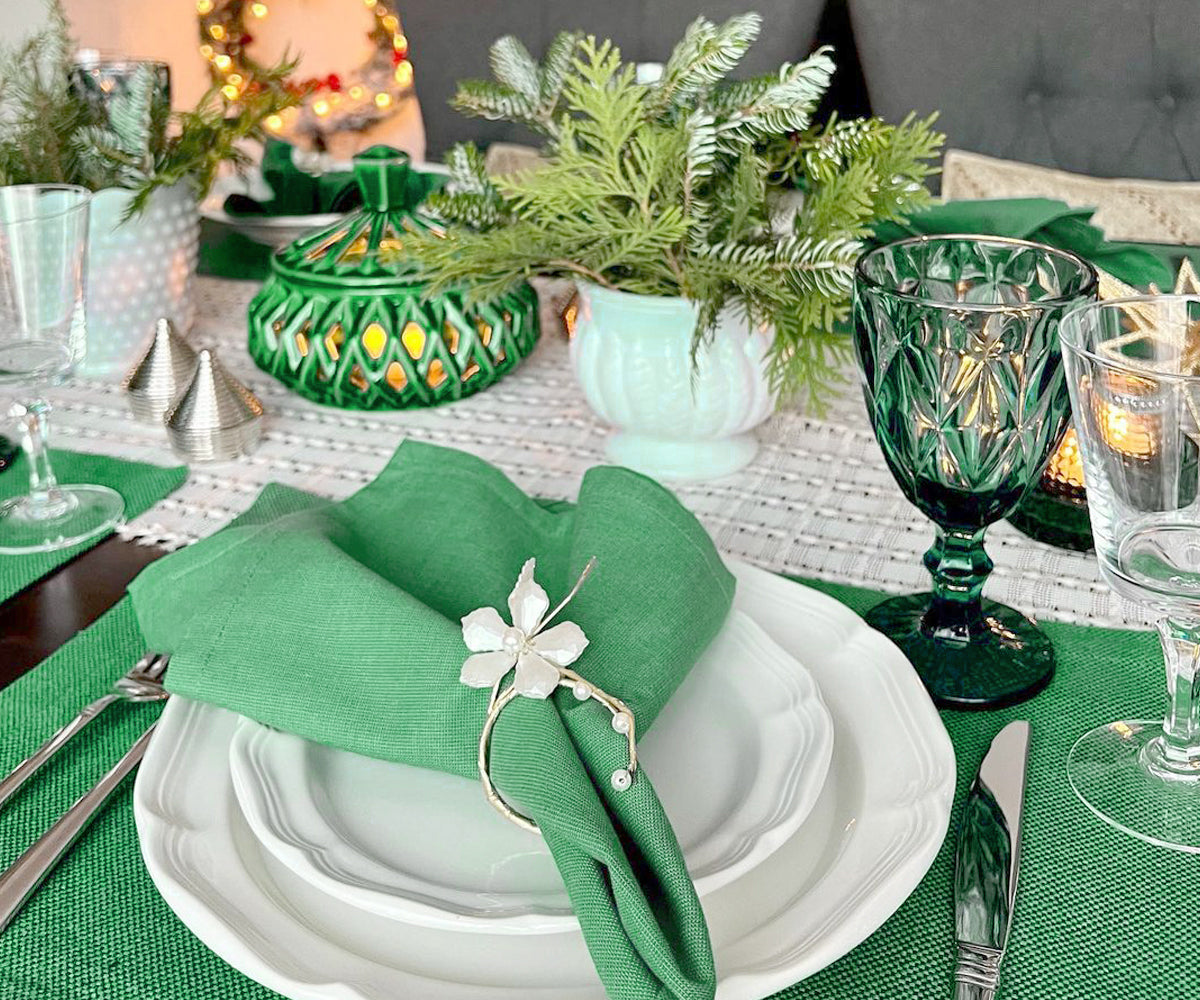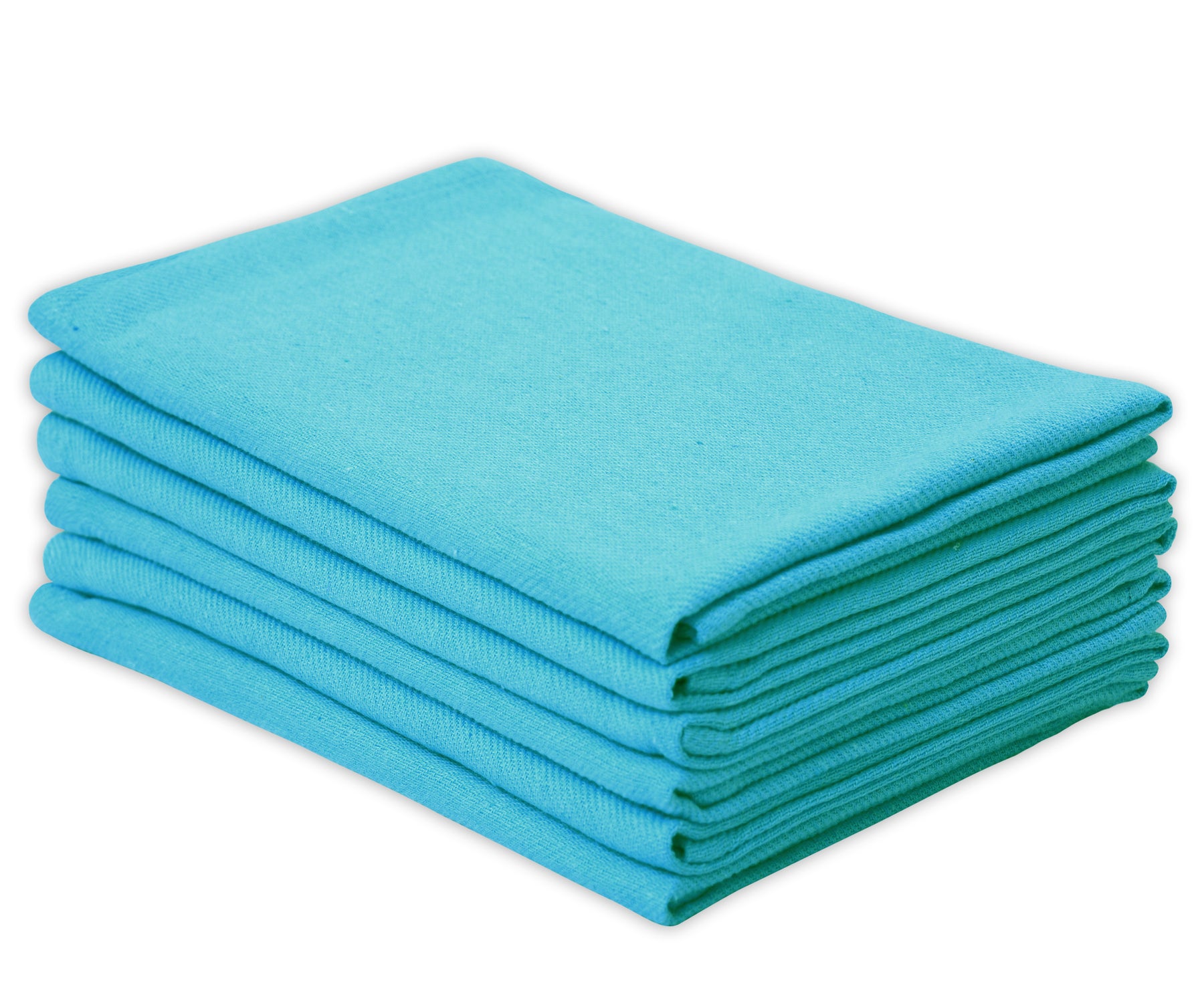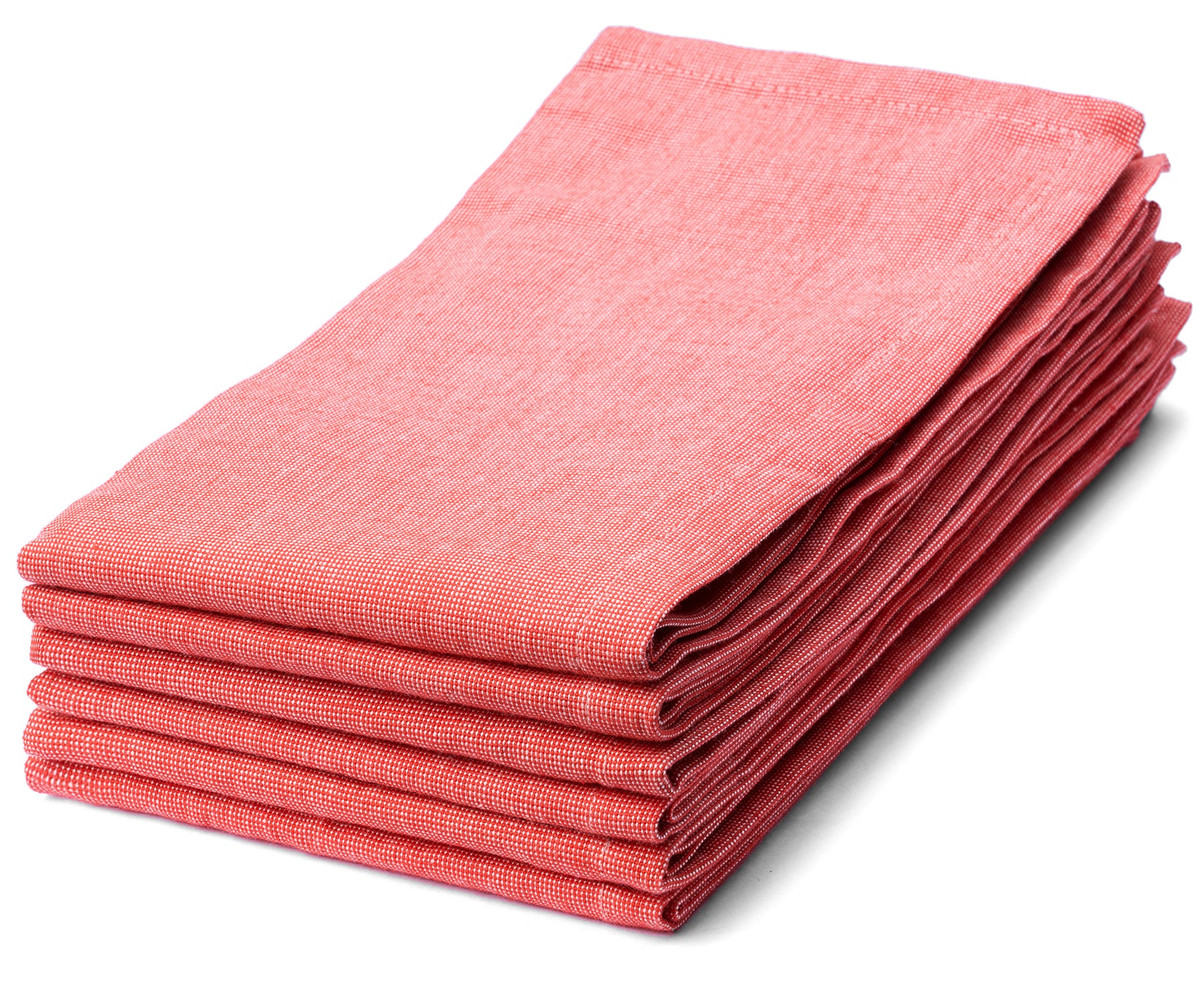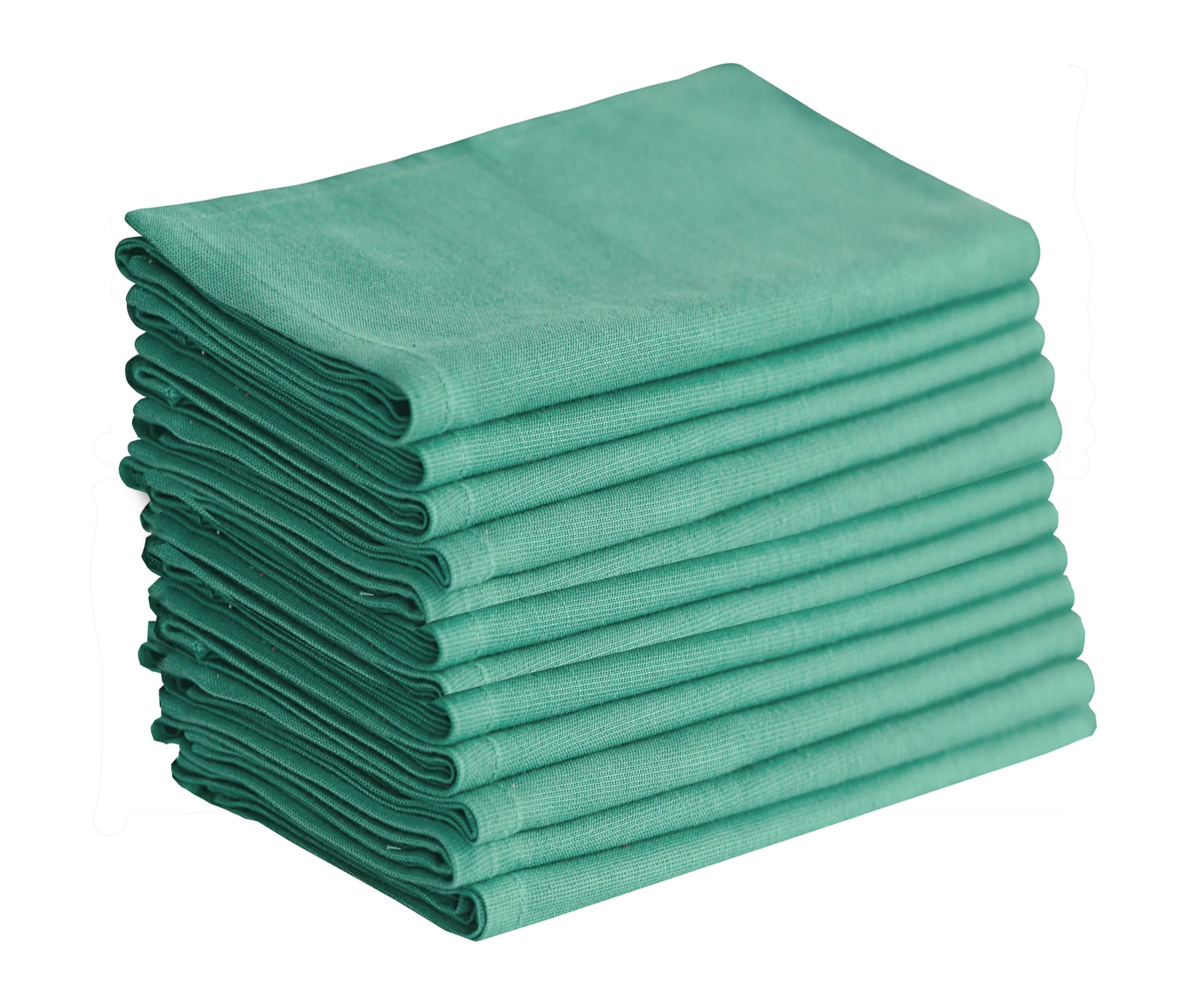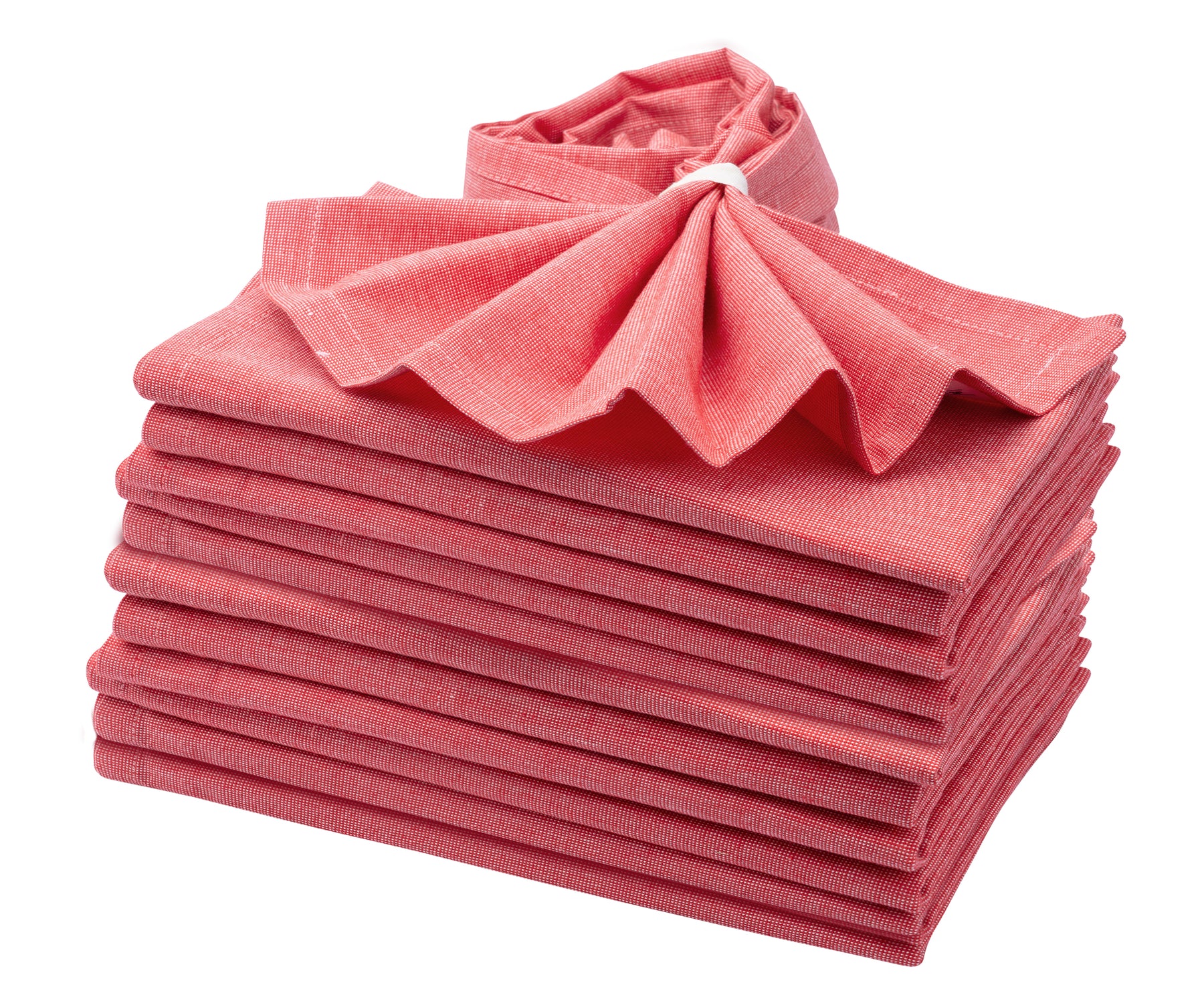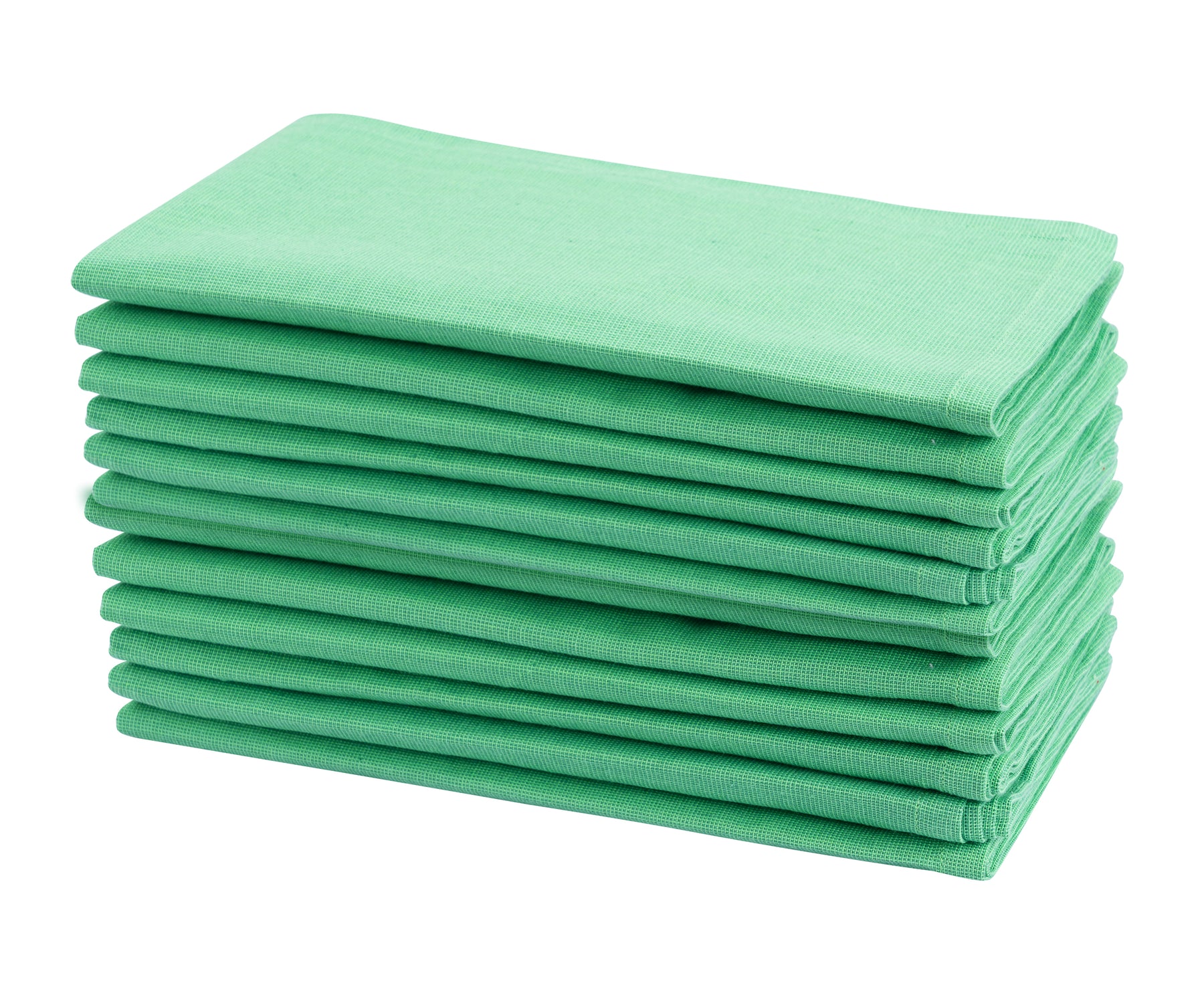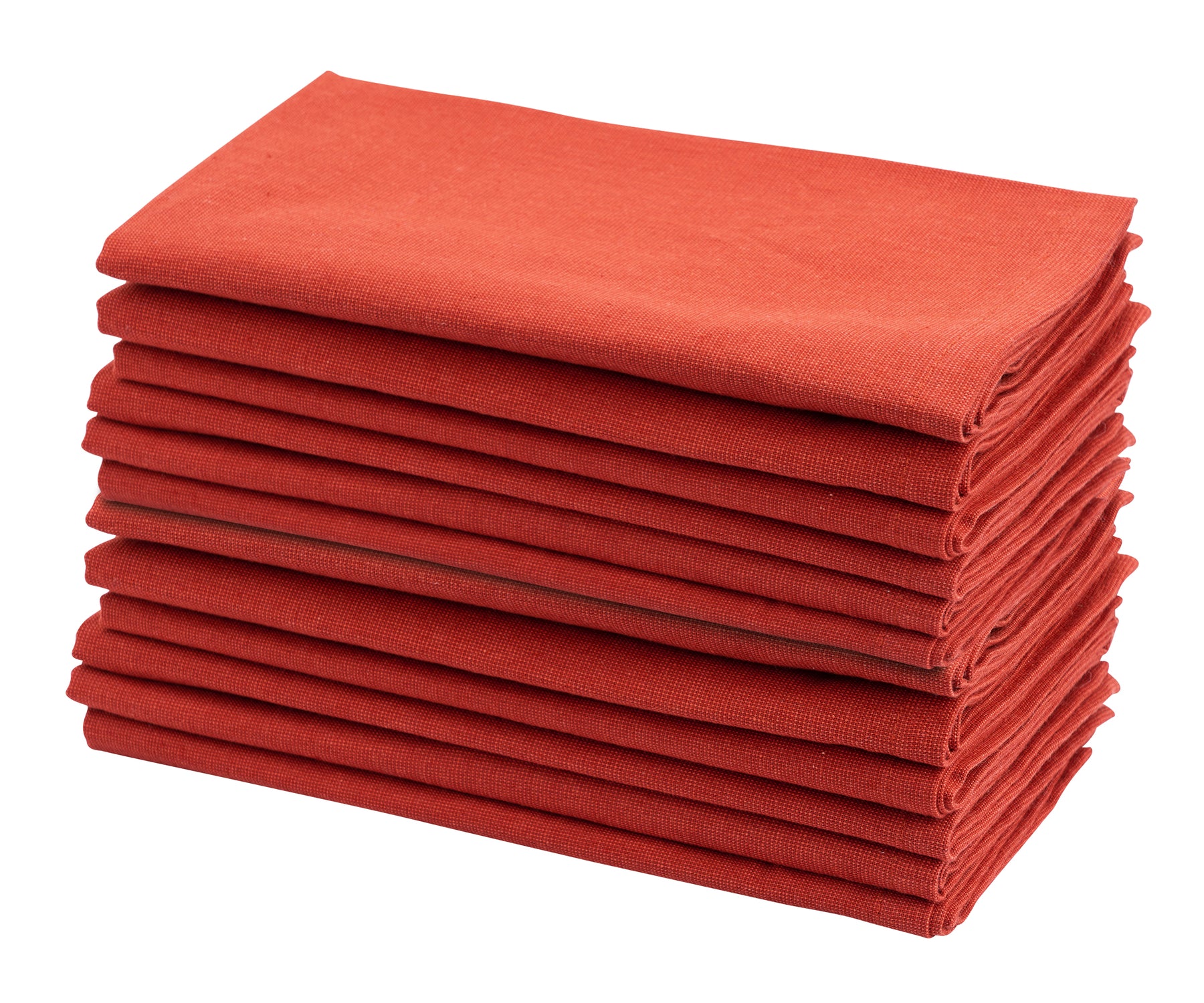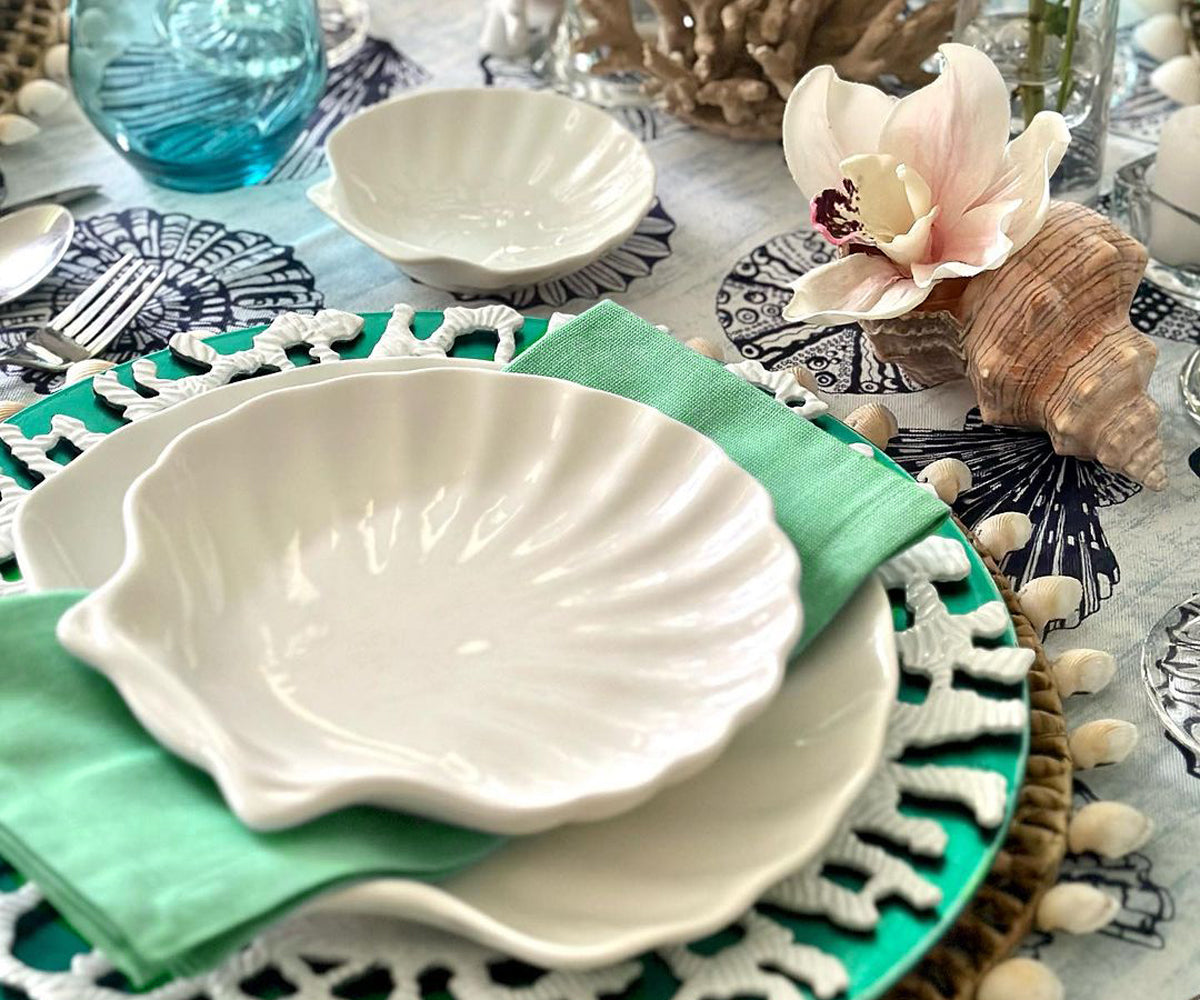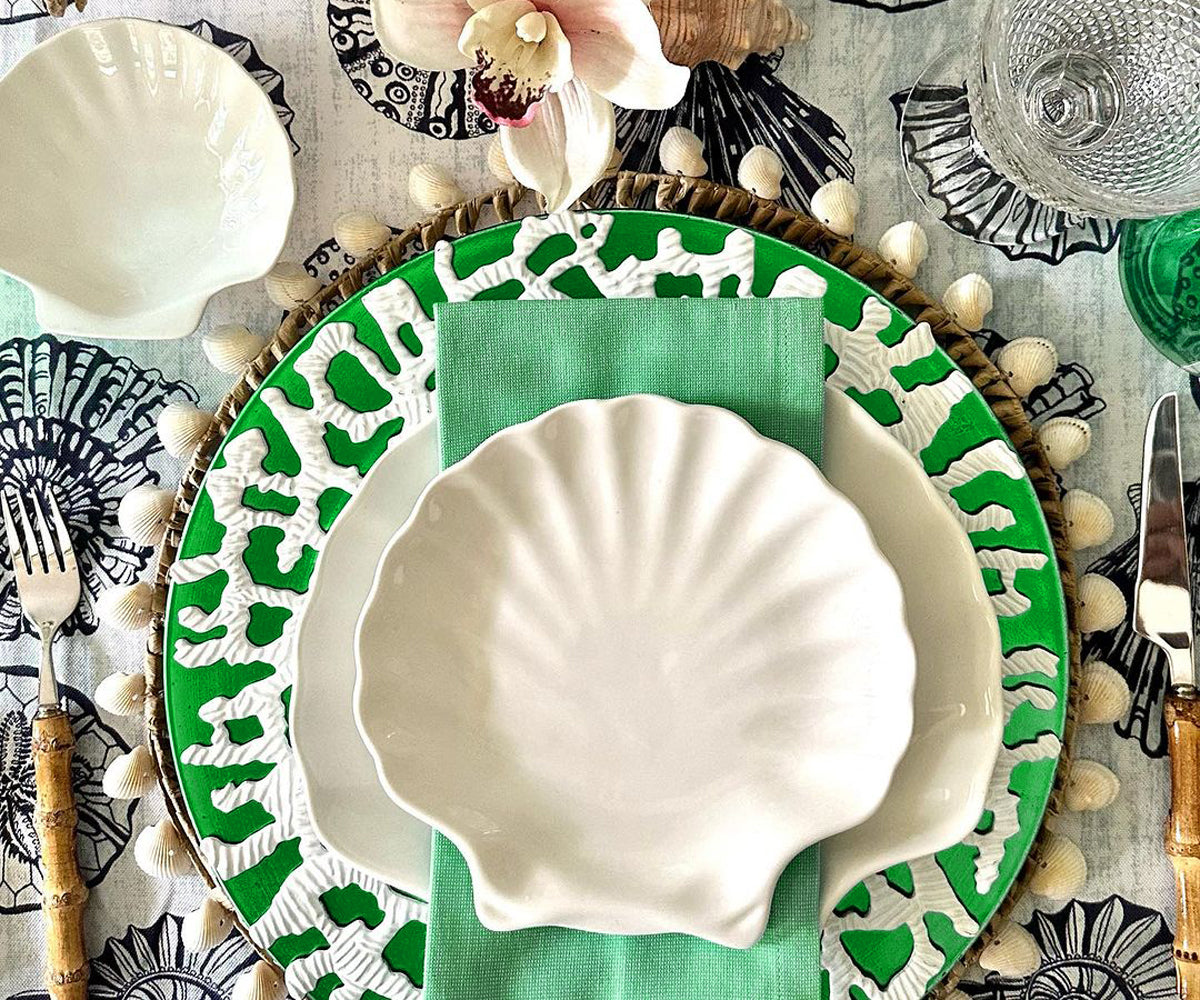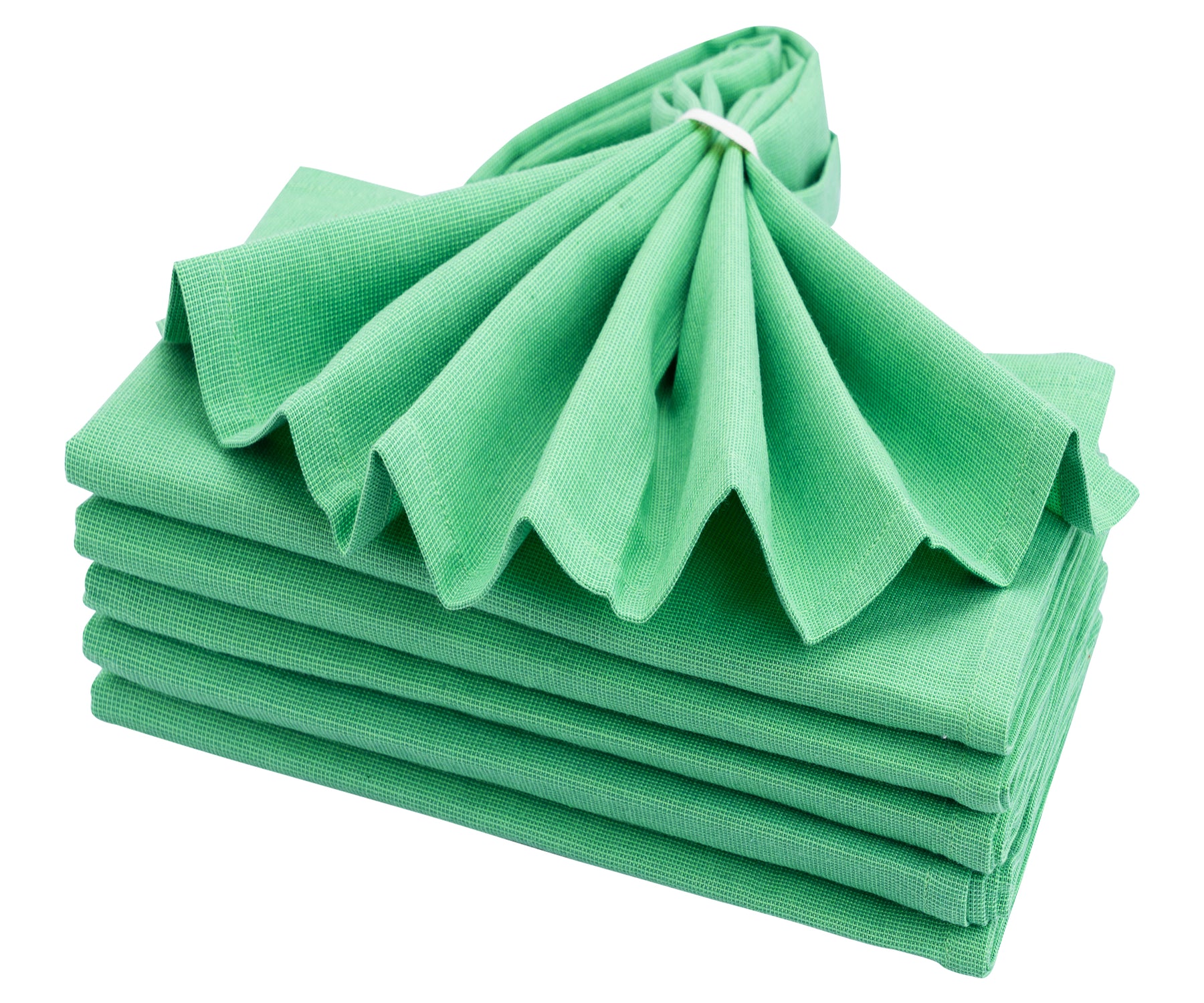1. Seal and Store Food Properly
“Food safety starts with proper storage,” says Karen Thompson, a home organization guru. Keeping your food sealed and stored correctly is your first line of defense against pests. Use airtight glass or hard plastic containers for leftovers and ingredients. This prevents ants, cockroaches, and rodents from detecting the delicious scents emanating from your kitchen.
Pro Tip: If you’re using fresh fruits and veggies for your Thanksgiving dishes, keep them in the refrigerator until you’re ready to cook. Afterward, dispose of the scraps in a sealed trash bag to avoid attracting pests.
2. Deep Clean Your Kitchen
“Nothing attracts pests like crumbs and spills,” warns Jim Sanders, a pest control expert with over 15 years of experience. In the hustle of Thanksgiving meal prep, it’s easy to overlook cleaning up minor spills or piles of dishes. But remember, a clean kitchen is less inviting to pests like cockroaches and ants.
- Wipe down countertops and sweep floors frequently as you cook.
- Clean up spills immediately, especially sticky ones.
- Don’t let dishes pile up—wash them or at least rinse them thoroughly to remove food residue.
If you want to add a touch of elegance to your kitchen clean-up routine, consider using sustainable cotton kitchen towels from All Cotton and Linen. They’re perfect for wiping down counters and are eco-friendly too!
3. Schedule a Pre-Holiday Pest Control Service
“Getting a professional pest control treatment right before Thanksgiving can save your meal,” suggests Laura Miller, a homeowner who swears by her pest control routine. “We schedule it every year a week before Thanksgiving, and it’s been a game-changer.” Pest control professionals can identify and seal off entry points, treat for existing infestations, and apply preventative treatments to ensure your home remains pest-free.

If you’re uncomfortable with harsh chemicals, consider asking your pest control provider for natural, pet-safe solutions. Many companies offer botanical-based pest control products that are effective and safer for your family.
4. Don’t Let Trash Pile Up
Leftover turkey scraps, pie crusts, and potato peels can quickly become a feast for flies, rats, and other pests if left in an open trash can. Anna Rodriguez, a mother of three, shares her tip: “I make it a point to empty the trash right after dinner. It not only keeps the house smelling fresh but also keeps pests away.”
- Use garbage bags with odor-blocking properties.
- Make sure your trash cans have tight-fitting lids, both indoors and outdoors.
- Take the trash out regularly, especially during food-heavy holidays like Thanksgiving.
You May Also Like to Read: How to Decorate Your Table for Thanksgiving
5. Secure Your Home’s Perimeter
Rodents and insects are masters of sneaking into homes through the tiniest cracks. According to pest control specialists, checking for potential entry points before the holiday season can drastically reduce the likelihood of an infestation.
- Seal gaps around doors and windows with weather stripping.
- Use caulk to close any cracks in your foundation or walls.
- Install door sweeps on exterior doors to block off access for pests.
6. Maintain Your Yard
“Many people overlook the fact that outdoor pests can become indoor problems,” says Kevin Long, a landscaping expert. He advises cleaning up leaves, trimming overgrown shrubs, and keeping firewood at least 20 feet away from your home. This prevents pests like ants, spiders, and even mice from finding shelter close to your house.
Did You Know? Trimming back tree branches that touch your home can prevent rodents from using them as a bridge into your attic!
7. Use Natural Pest Repellents
If you prefer a DIY approach, there are several natural remedies to deter pests. Essential oils like peppermint, eucalyptus, and citrus can repel ants, spiders, and even mice. “I always spray a mixture of peppermint oil and water around windows and doors,” says Leah Green, a holistic home specialist. “It smells great and keeps the bugs away.”
Here’s a simple recipe:
- Mix 10 drops of peppermint essential oil with one cup of water.
- Pour into a spray bottle and apply around entry points.
8. Store Leftovers Wisely
Once the Thanksgiving feast is over, make sure you’re storing leftovers in a way that doesn’t attract pests. Use airtight containers and refrigerate food promptly. As an added bonus, gifting leftovers to guests in sealed containers can further reduce the risk of a pest problem.
“Sending your guests home with leftovers is a great way to clear your kitchen of extra food that could attract pests,” recommends nutritionist Sara Evans. This also gives you the perfect excuse to invest in some stylish table linens and sustainable grocery bags from All Cotton and Linen.
9. Clean Up Holiday Decor
Your holiday decorations, especially if stored in attics or basements, may harbor pests like spiders and mice. “Before bringing out your Thanksgiving decor, give everything a good shake outdoors,” advises Chloe Parks, a home decorator. This simple step can prevent inadvertently bringing pests inside.
Read More: Women With Which Body Type Usually Have The Easiest Time Finding Clothing?
10. Keep Your Home Cozy, Not for Pests
With the cooler weather, pests are also looking for a warm place to stay. Be mindful of leaving doors or windows open for extended periods. Installing door sweeps and using weather stripping can go a long way in keeping your home cozy and pest-free.
Read Related: Why is Thanksgiving So Late This Year?
Professional Pest Control for Extra Protection
If you’ve tried all these tips and still notice signs of pests, it may be time to bring in the professionals. Pest control services can offer targeted treatments to protect your home. A pre-Thanksgiving pest control service can provide you with peace of mind, knowing that your feast is safe from unwanted intruders.
Remember, prevention is key. Whether you’re hosting Thanksgiving for two or twenty, taking these steps can ensure a happy and pest-free holiday. And while you’re preparing your home, don’t forget to stock up on eco-friendly kitchen linens and tablecloths from All Cotton and Linen to add a touch of elegance to your holiday table.
Happy Thanksgiving! May your home be filled with joy, laughter, and delicious food—but not pests!




